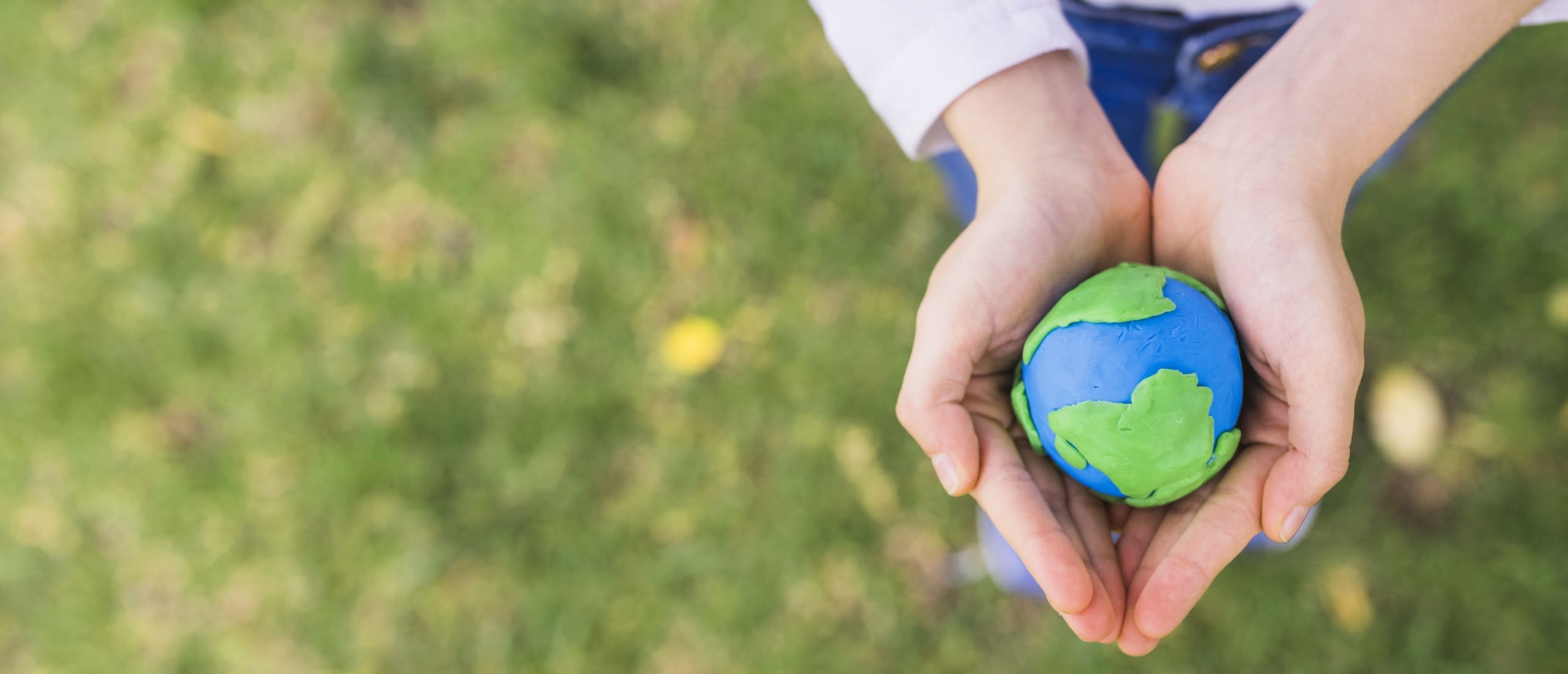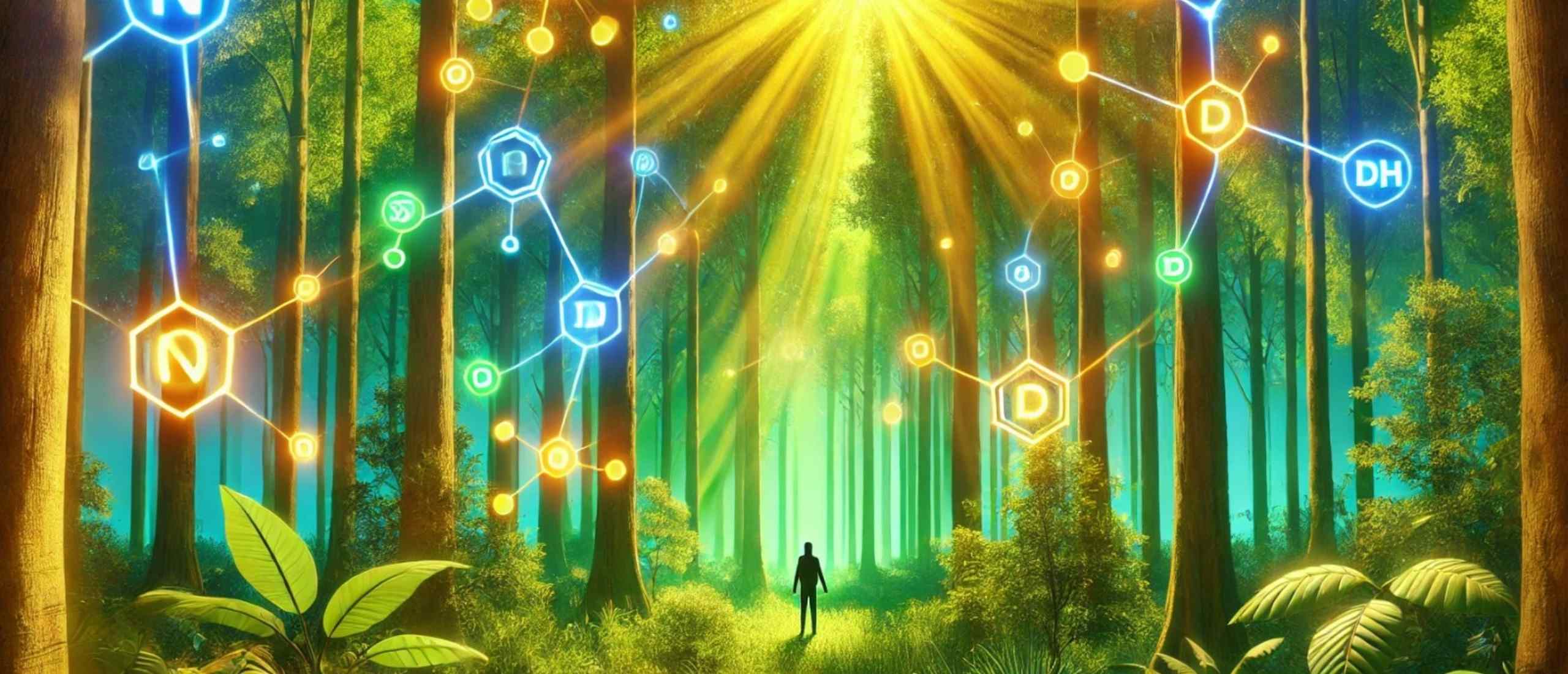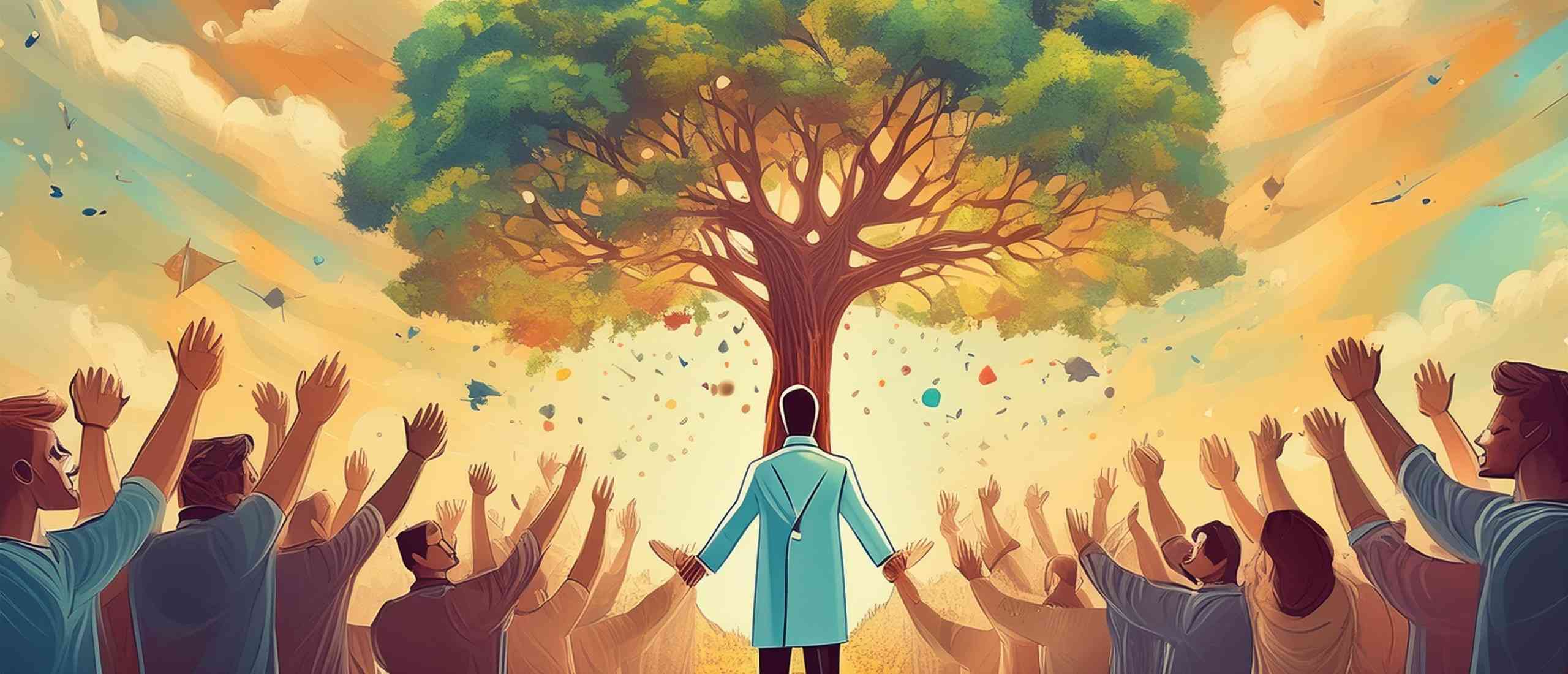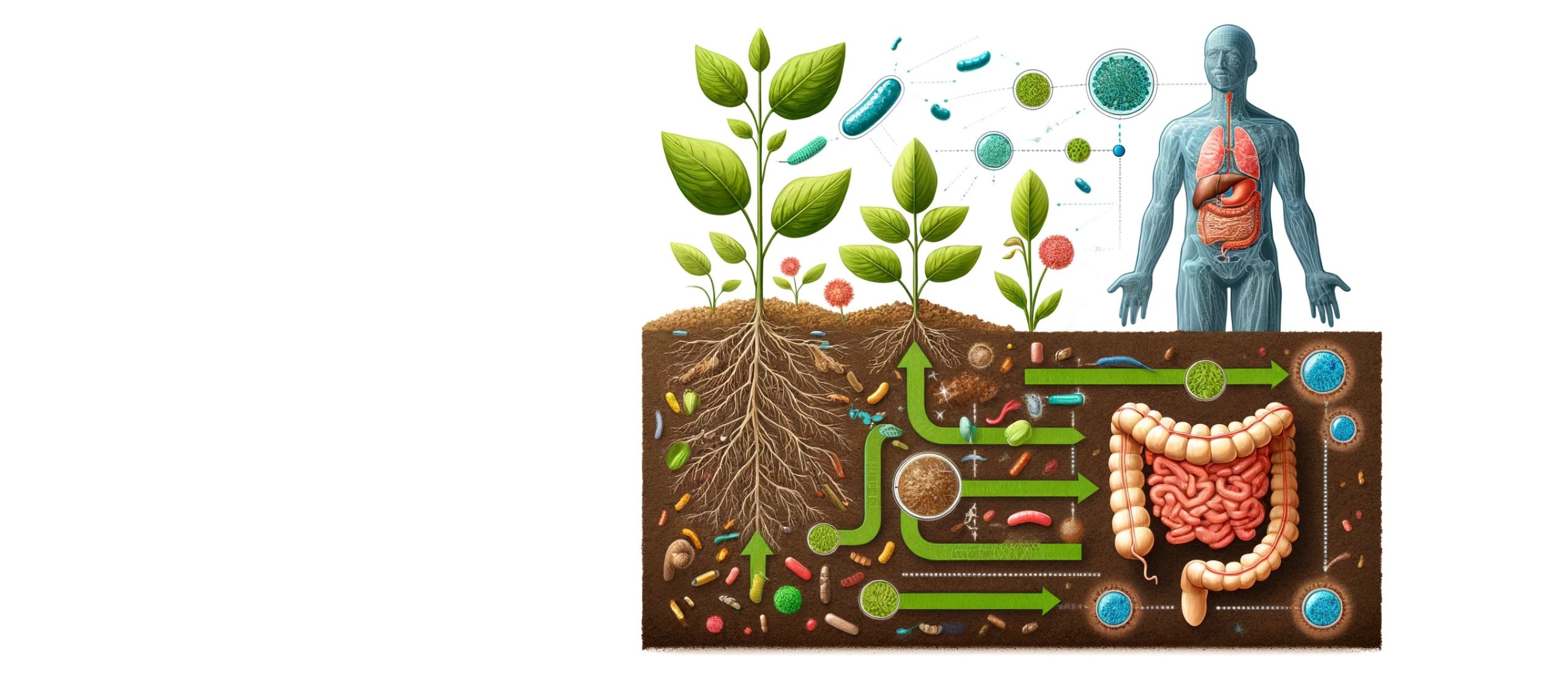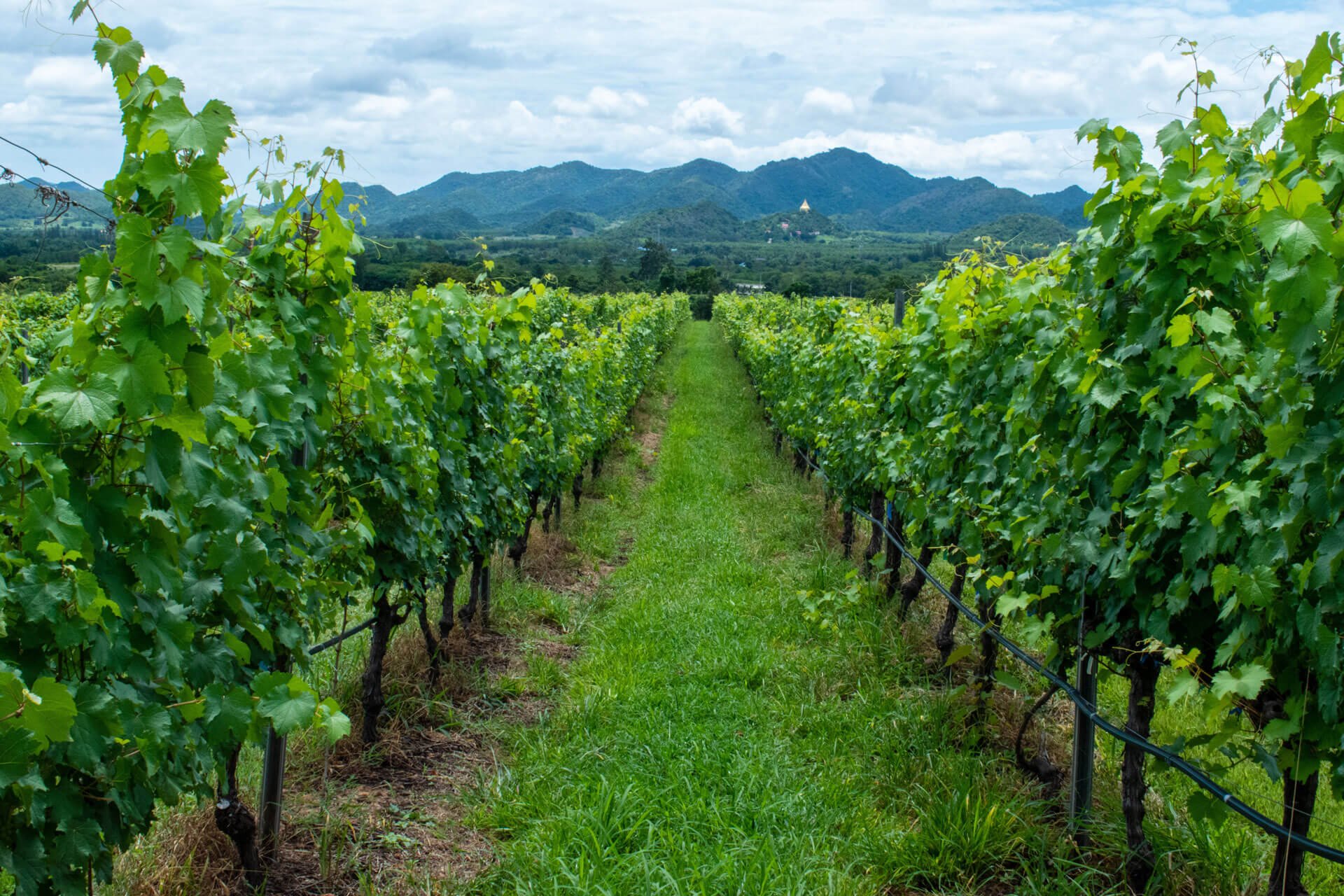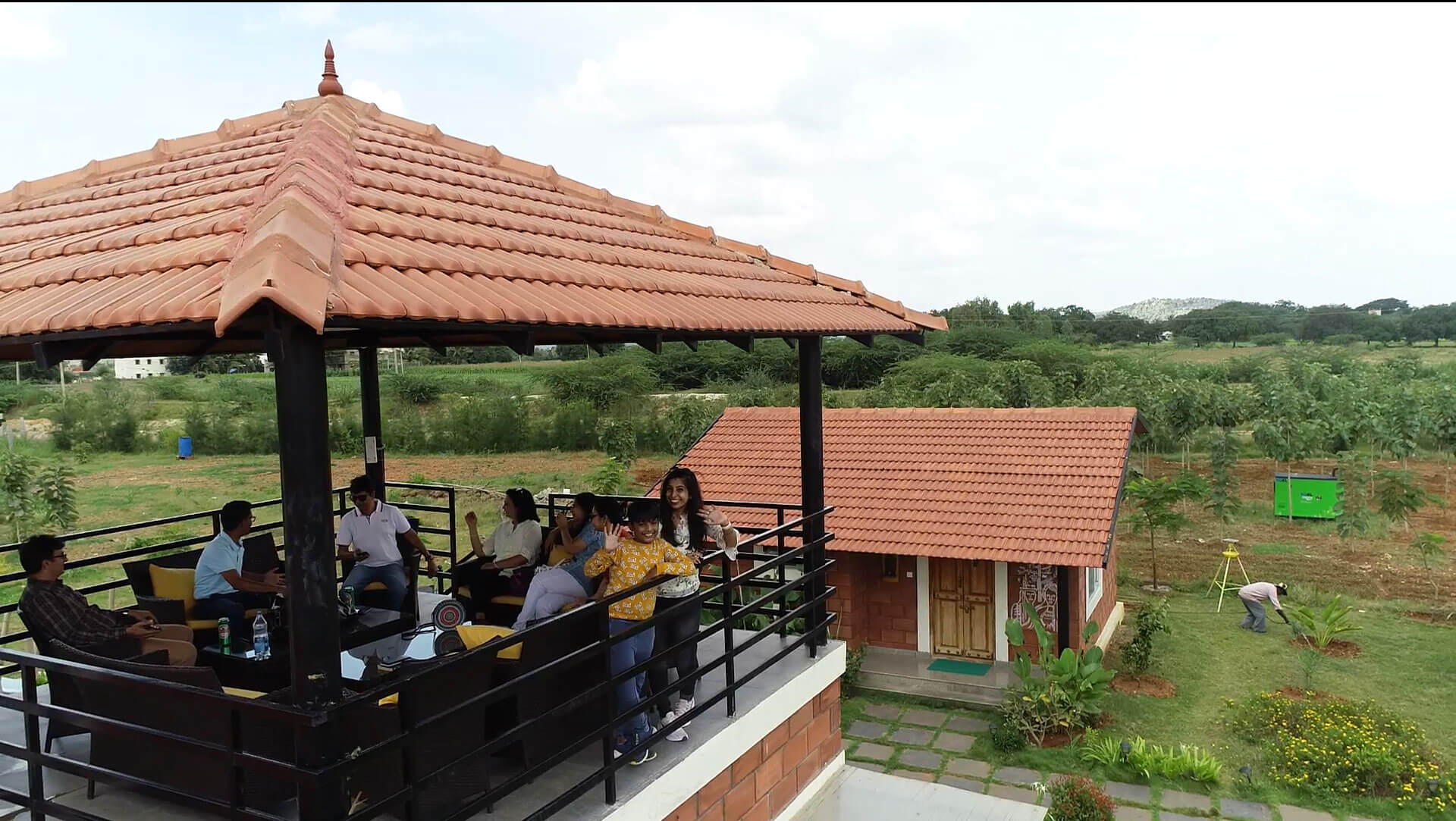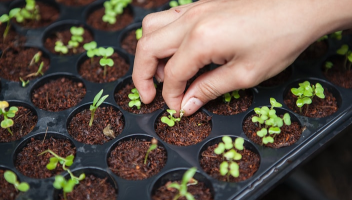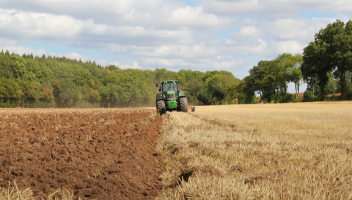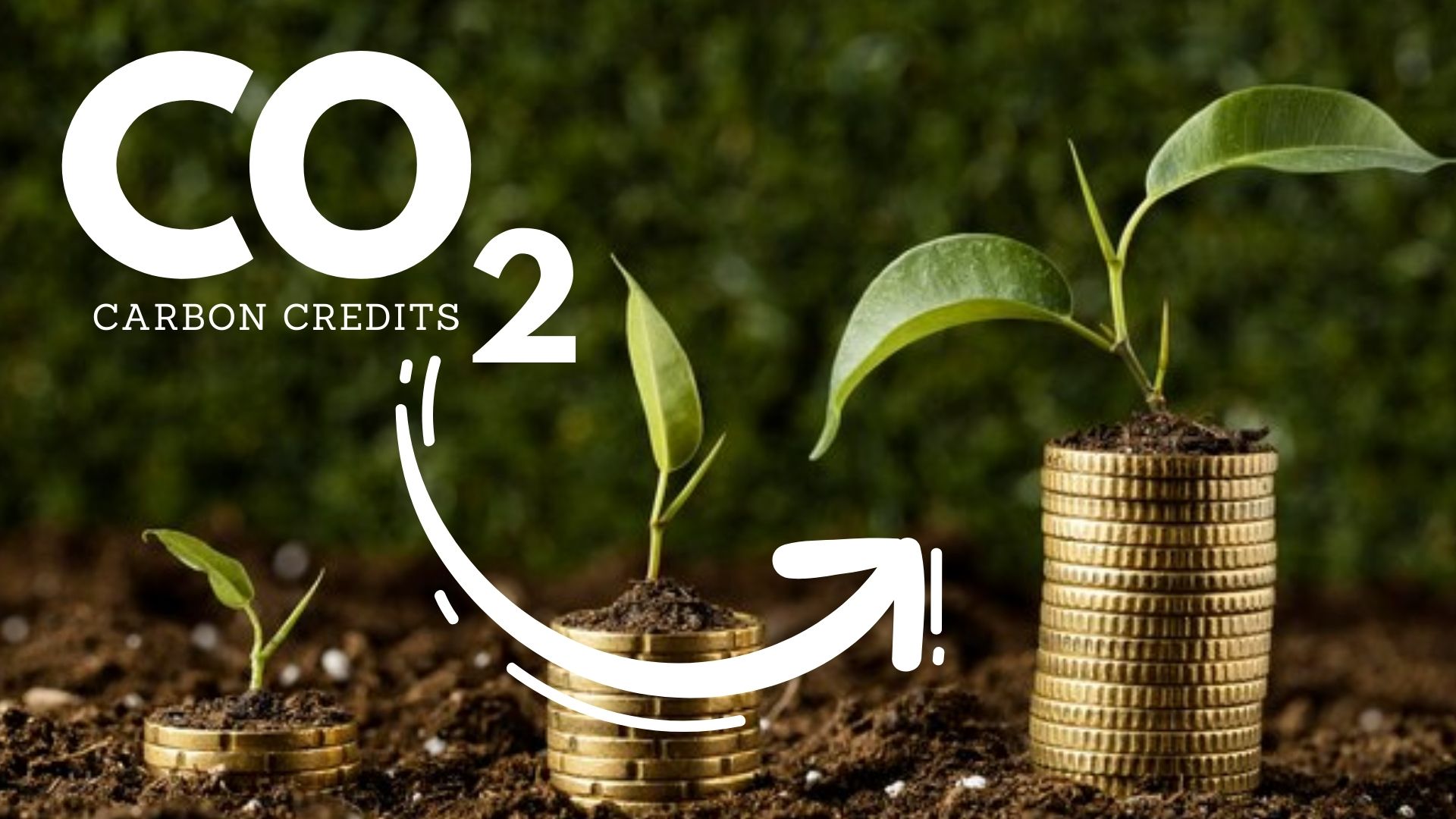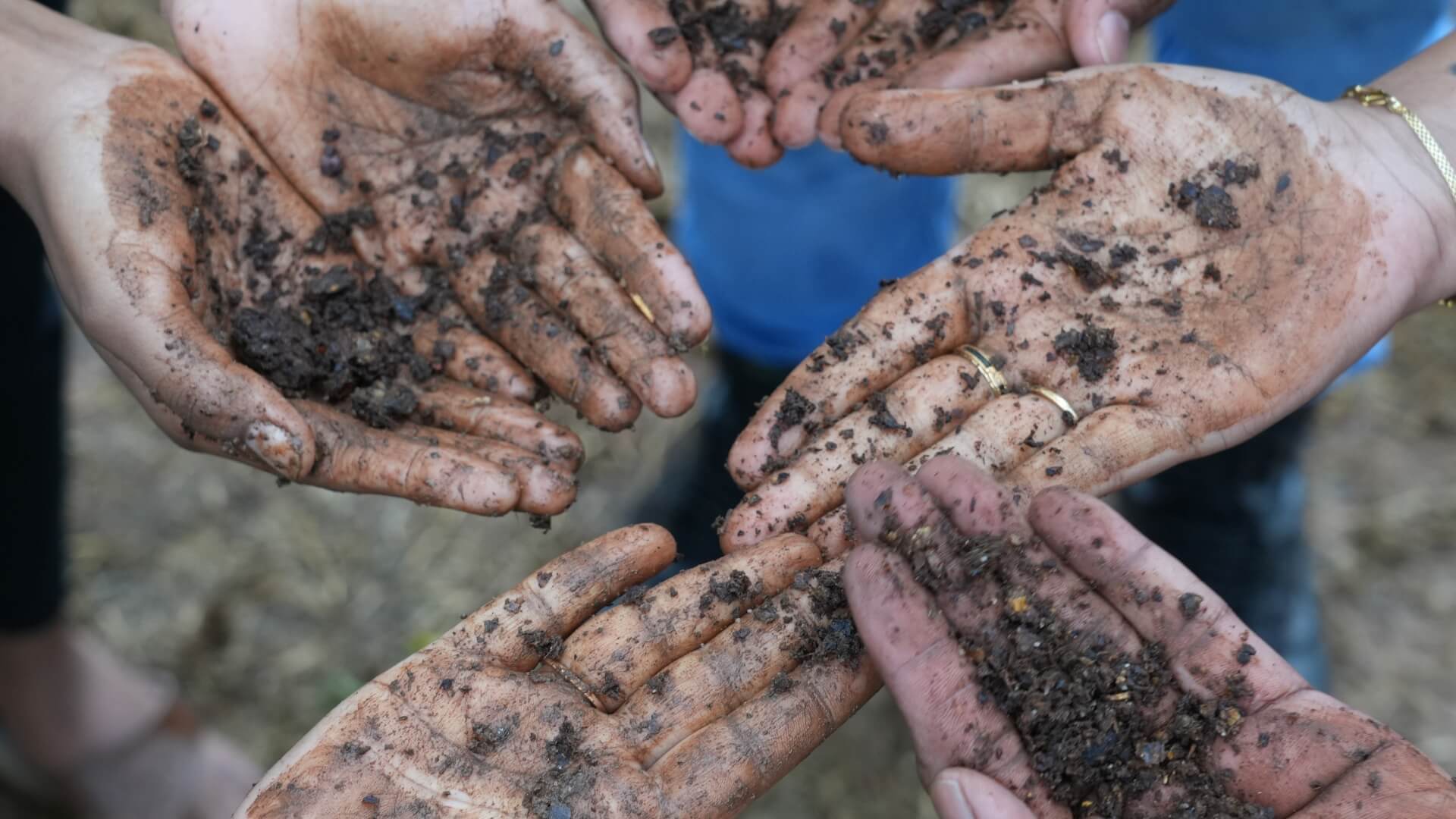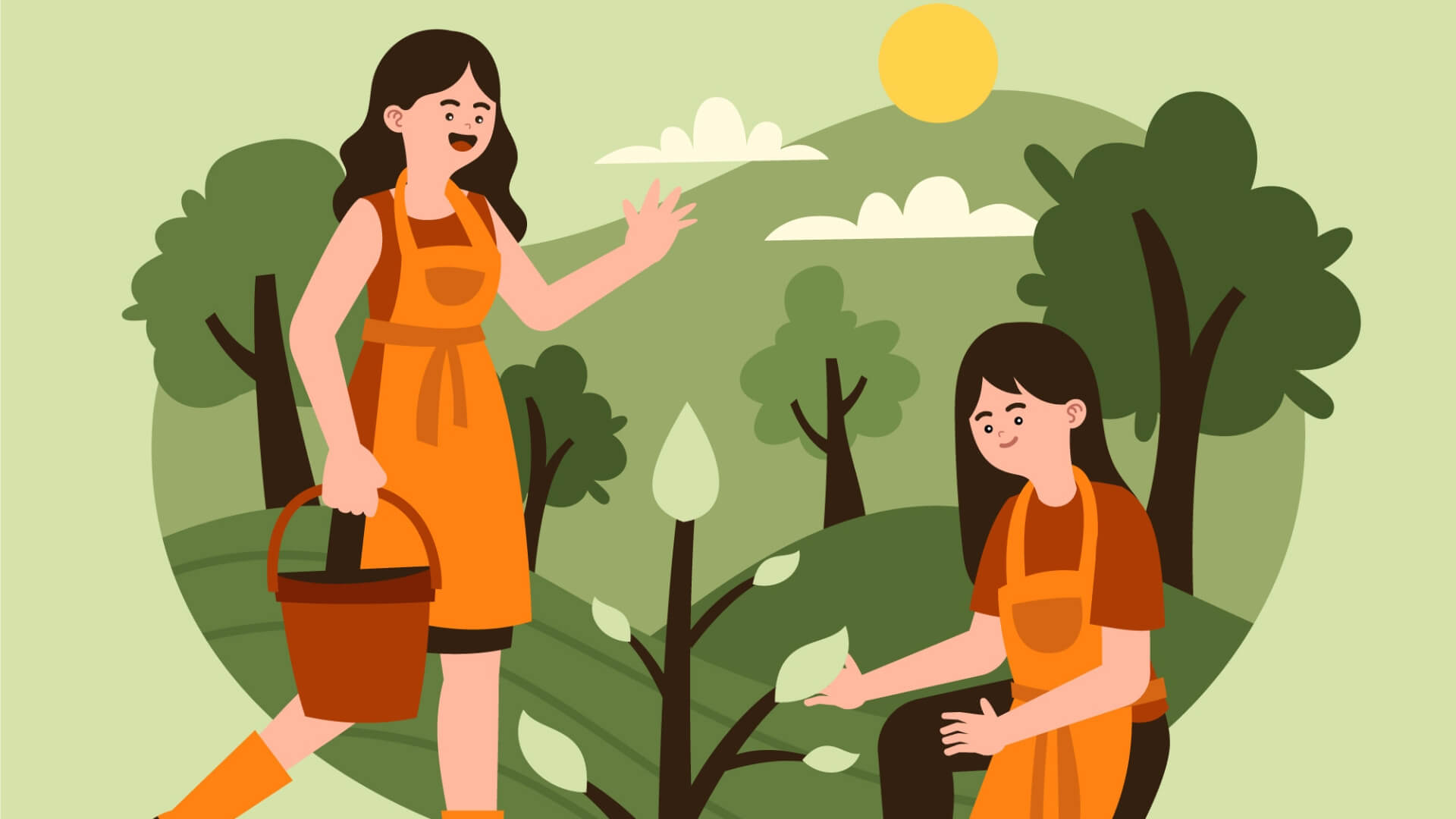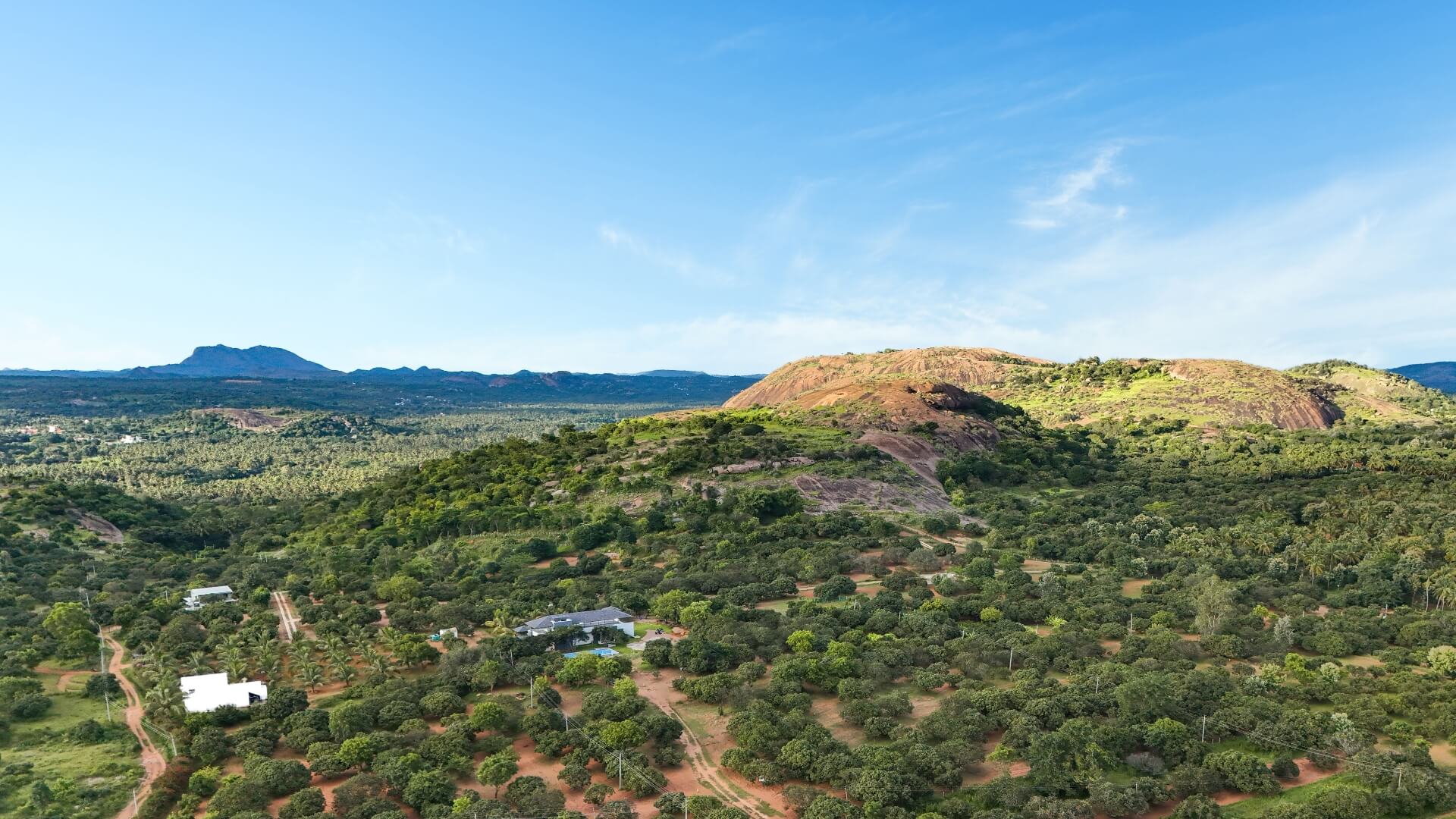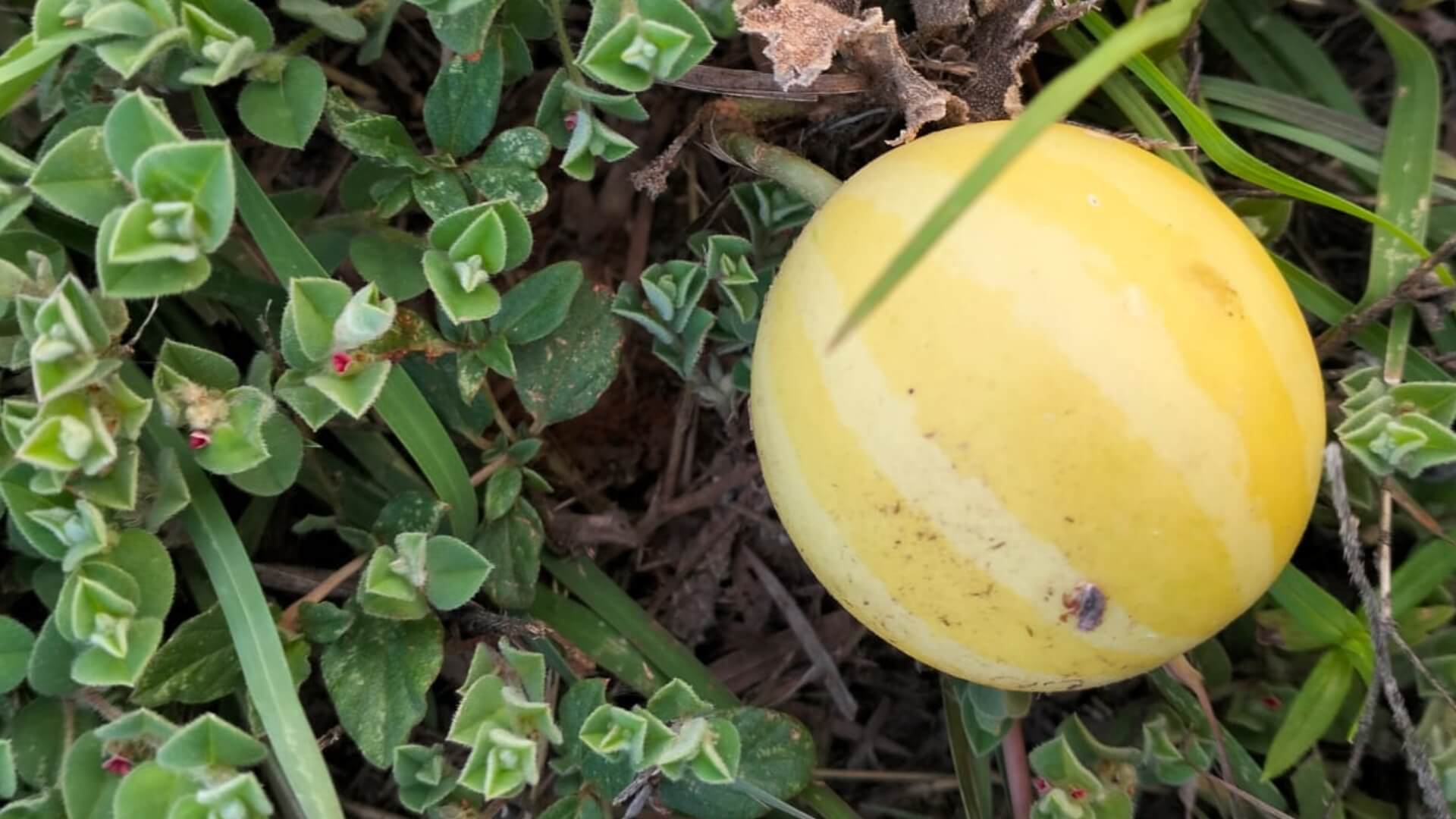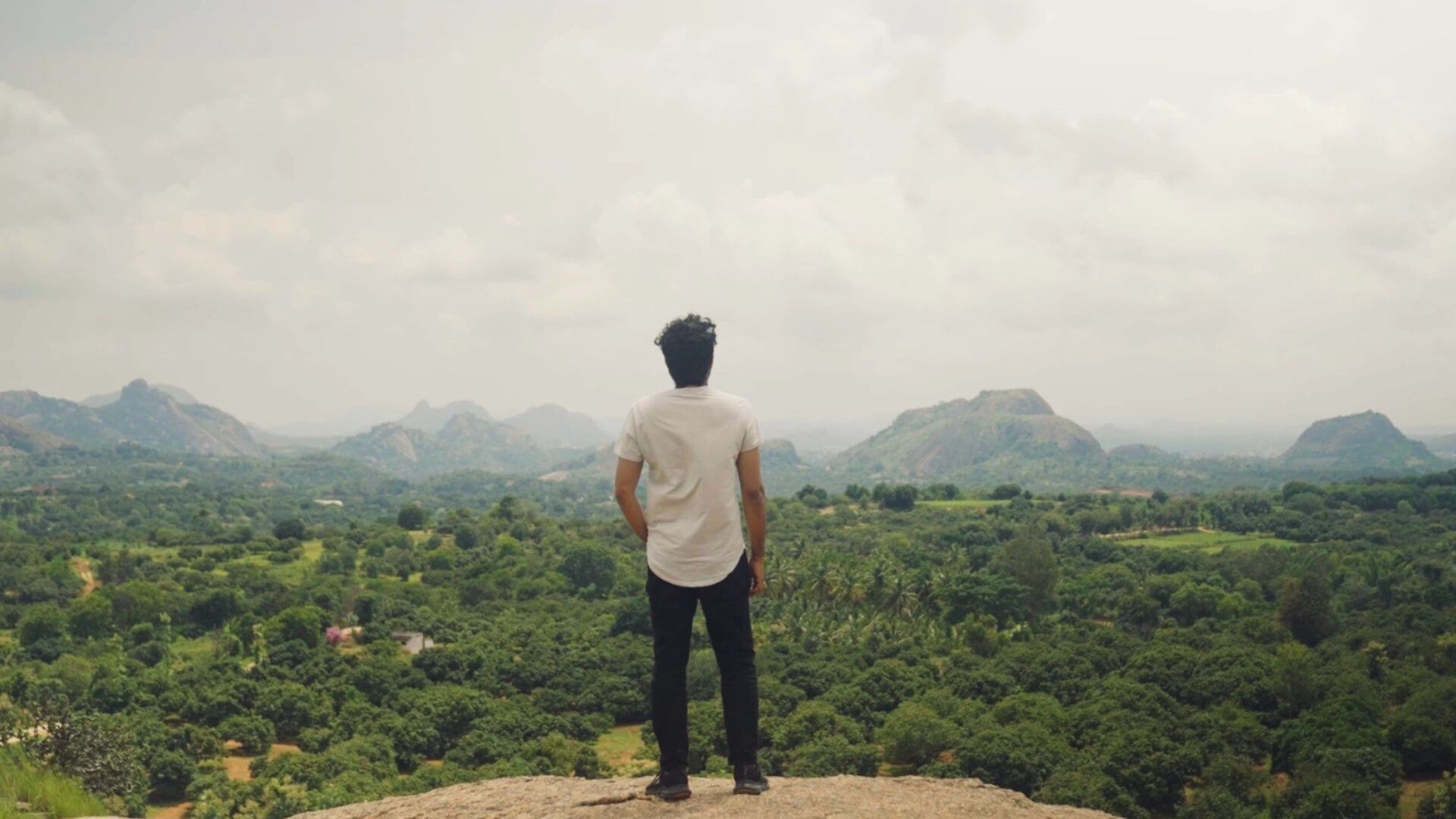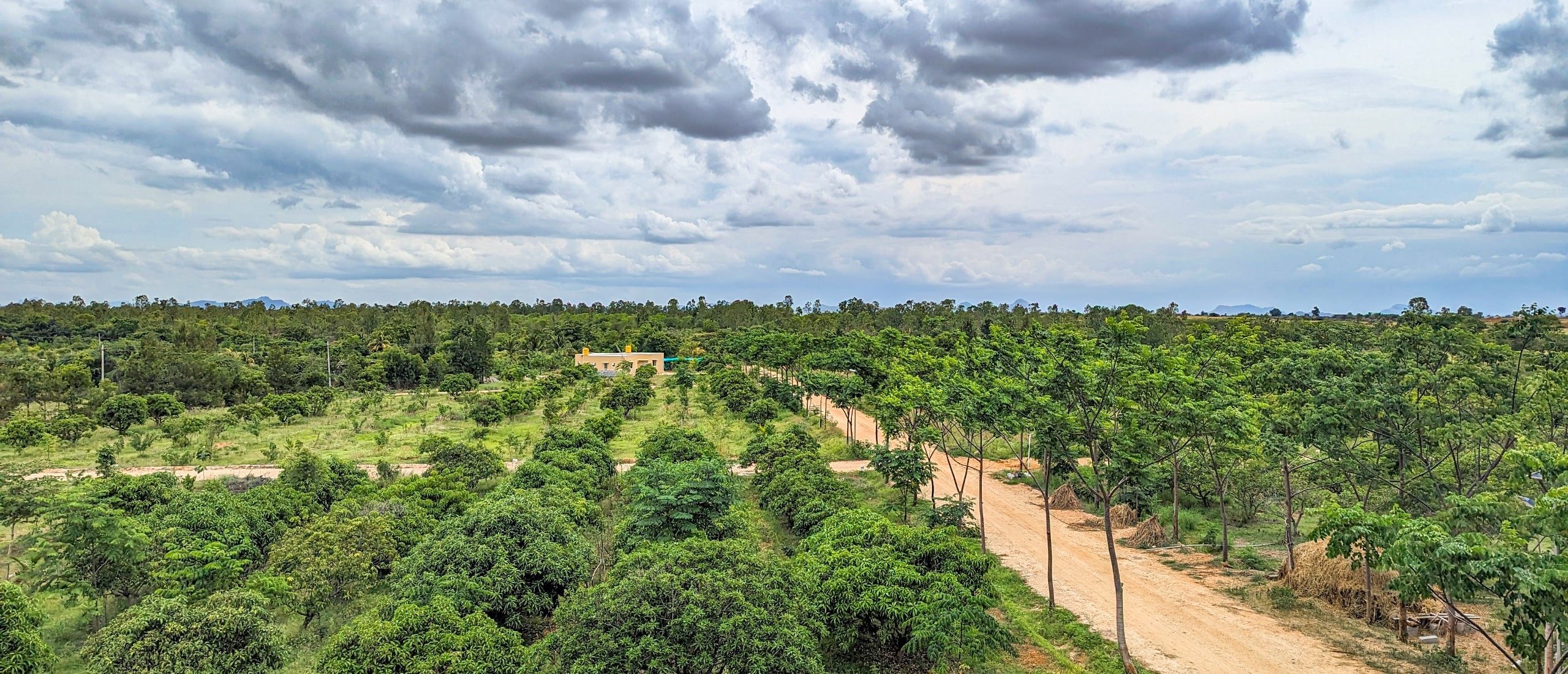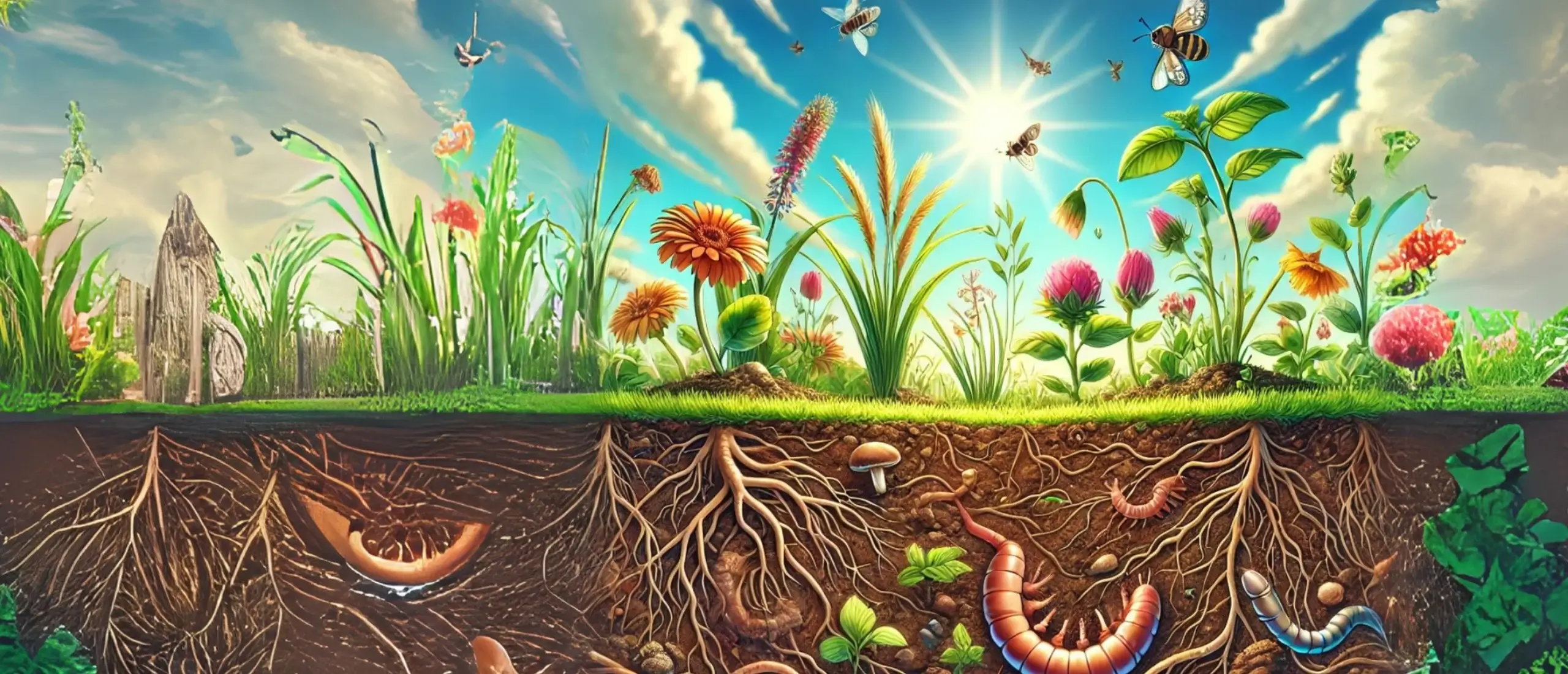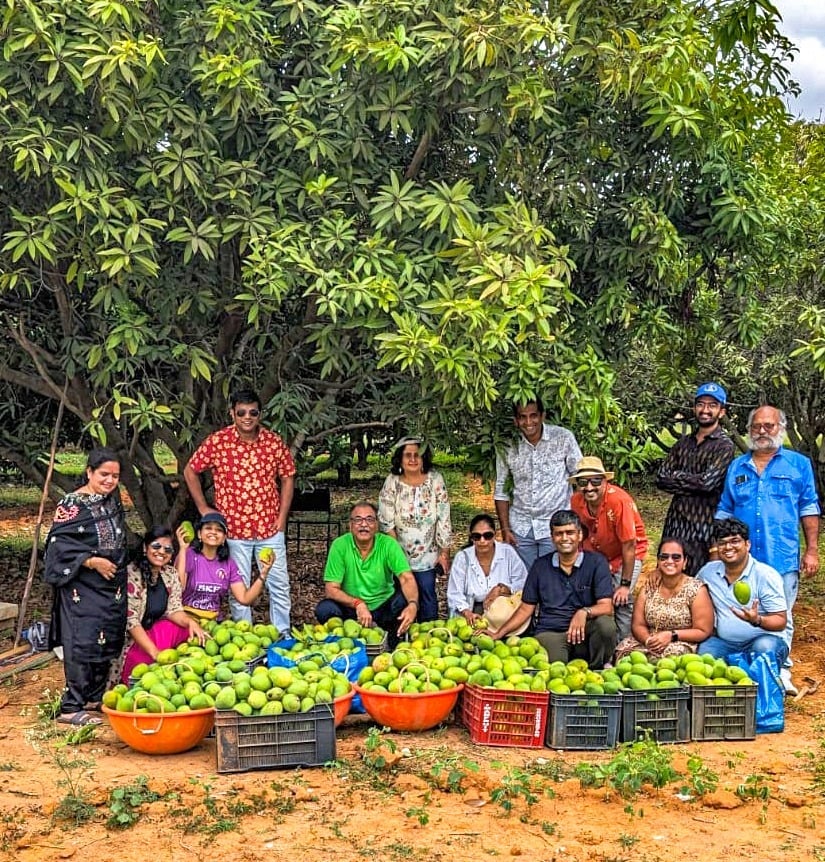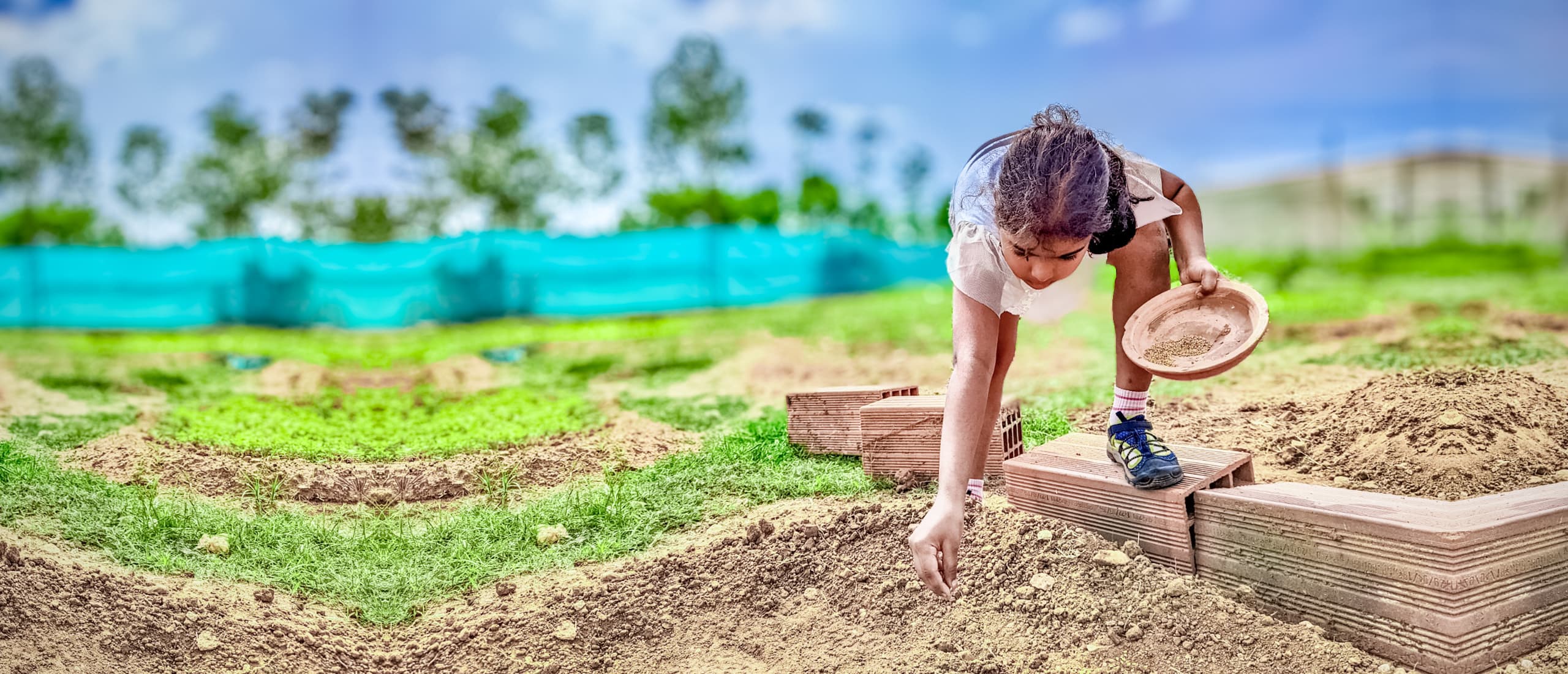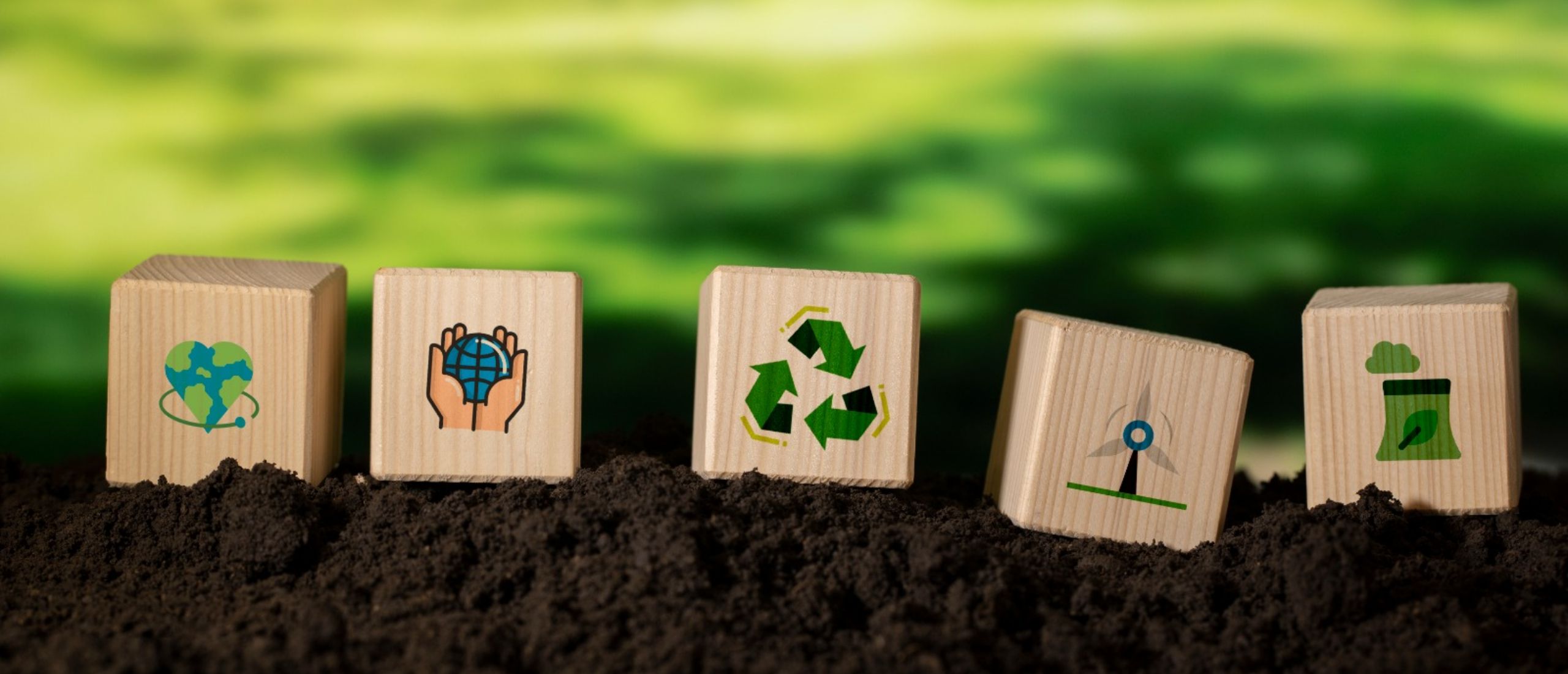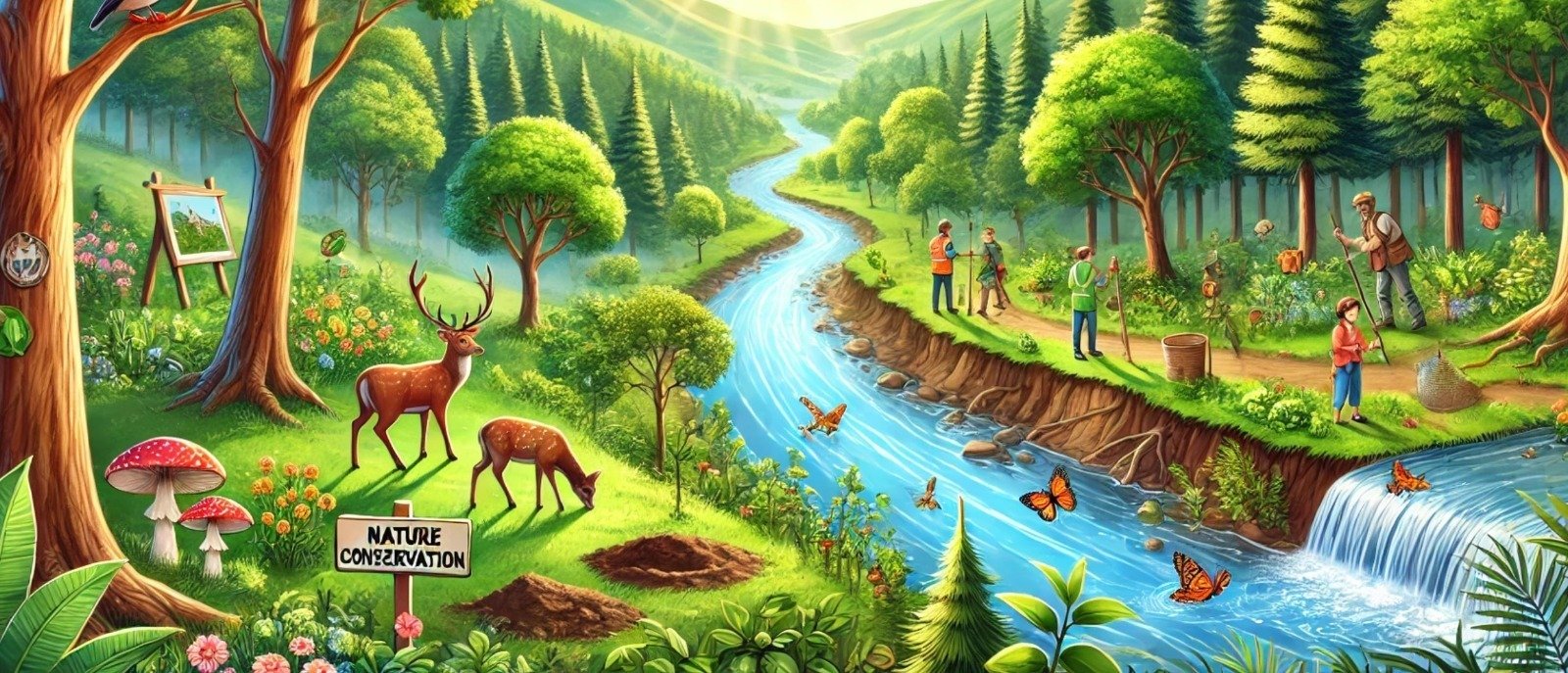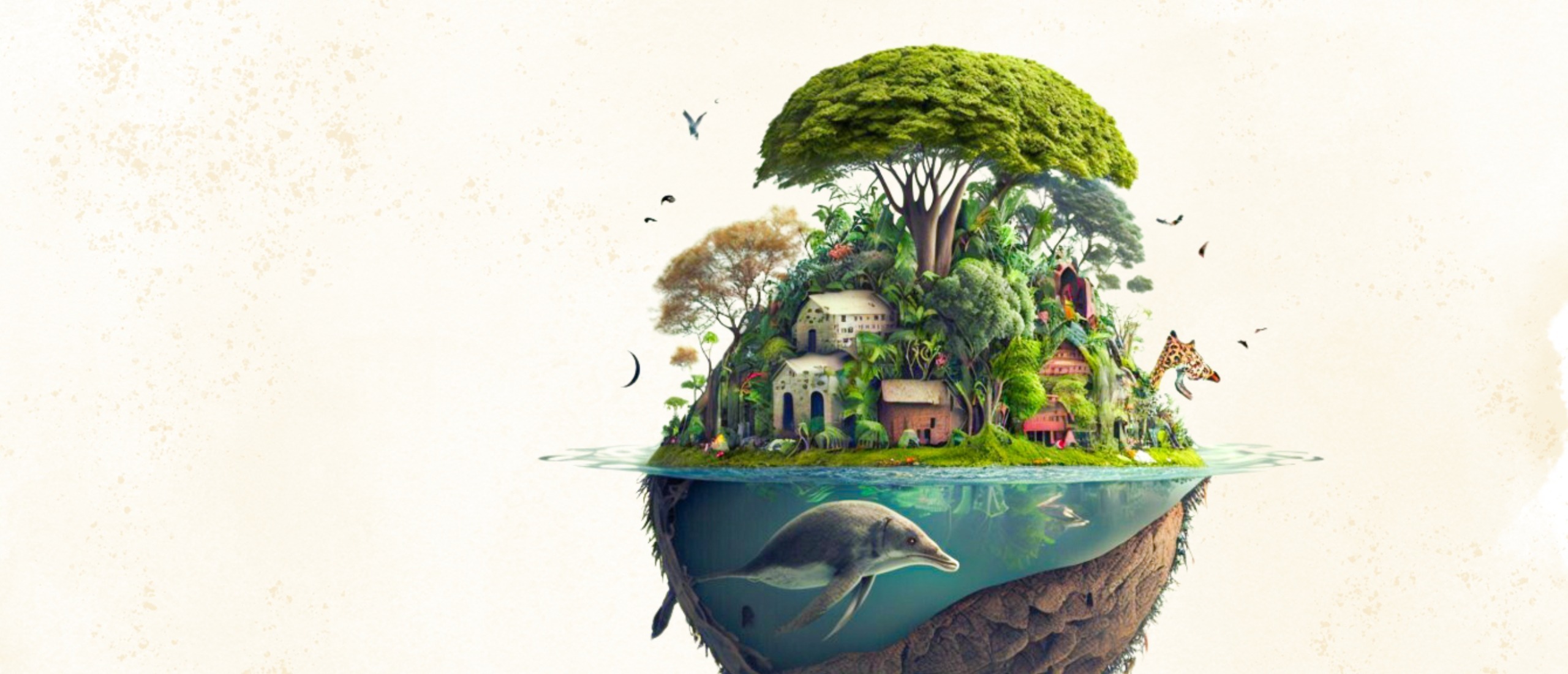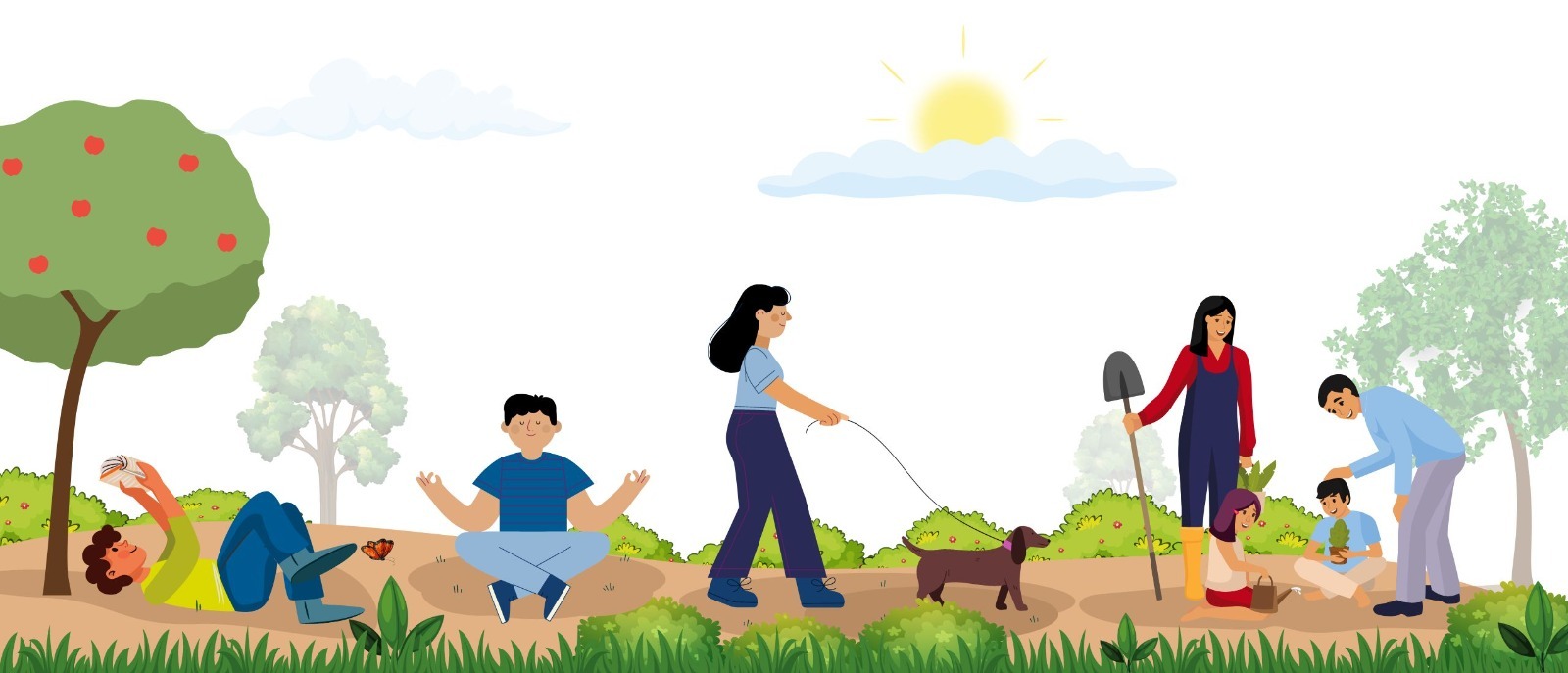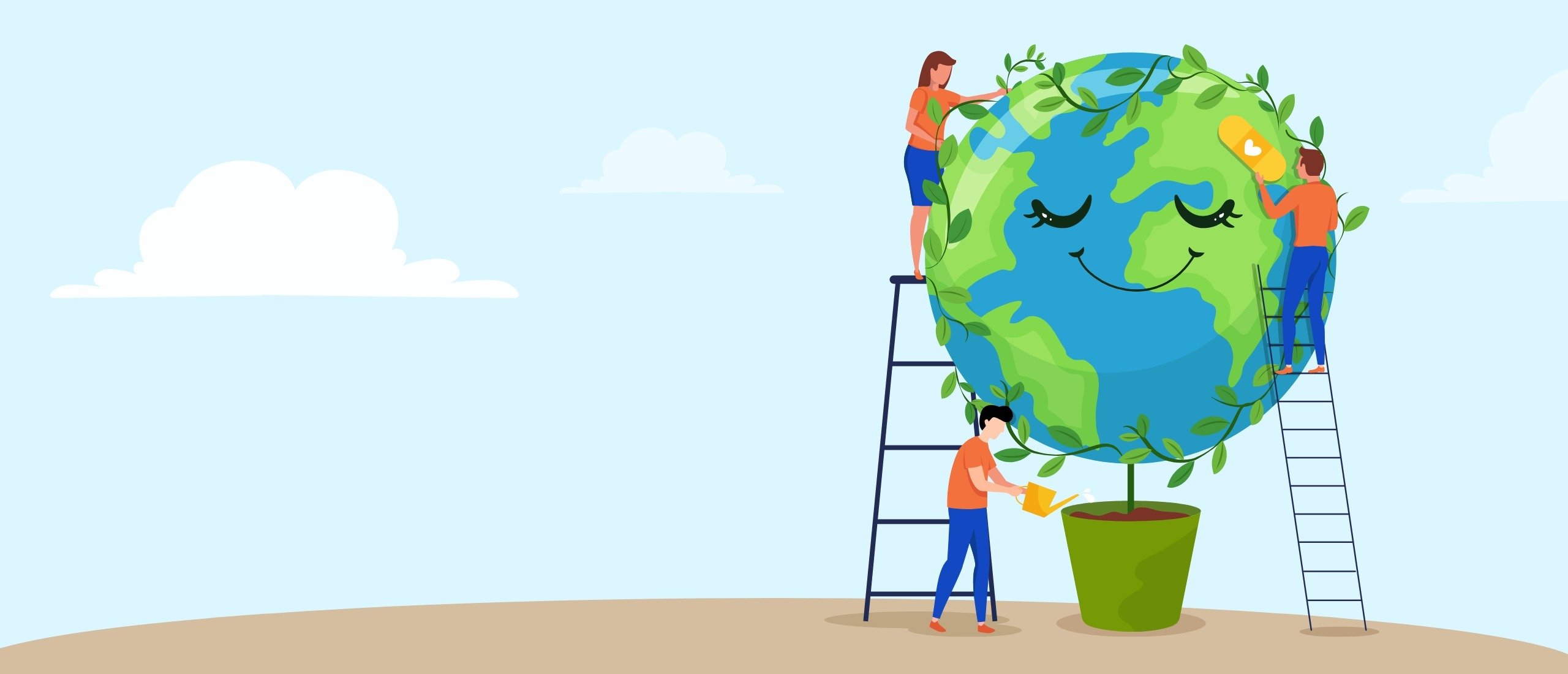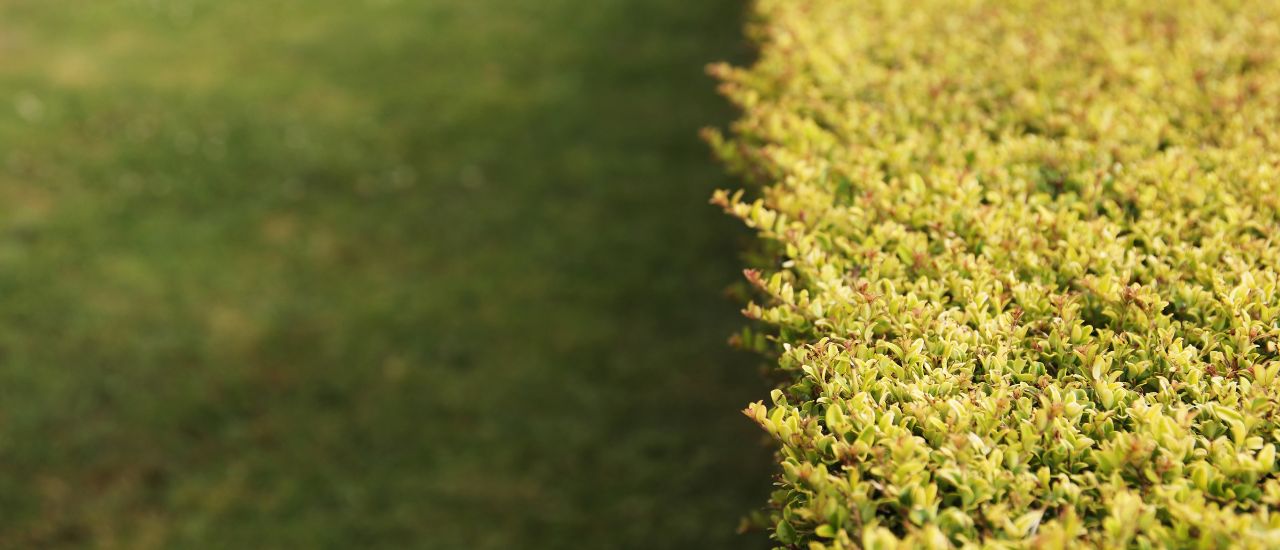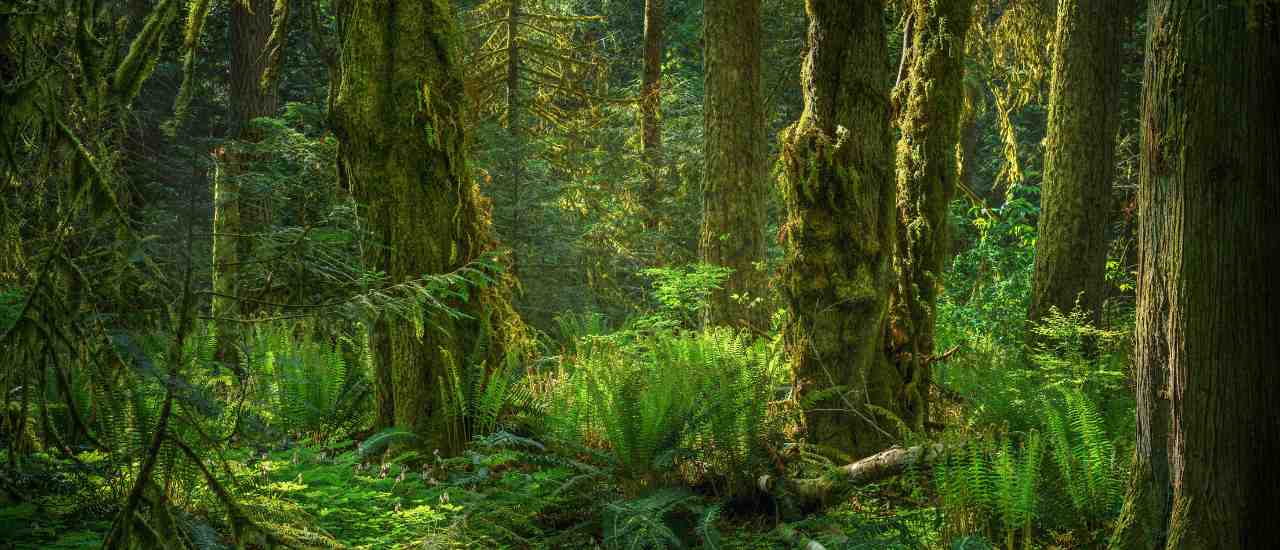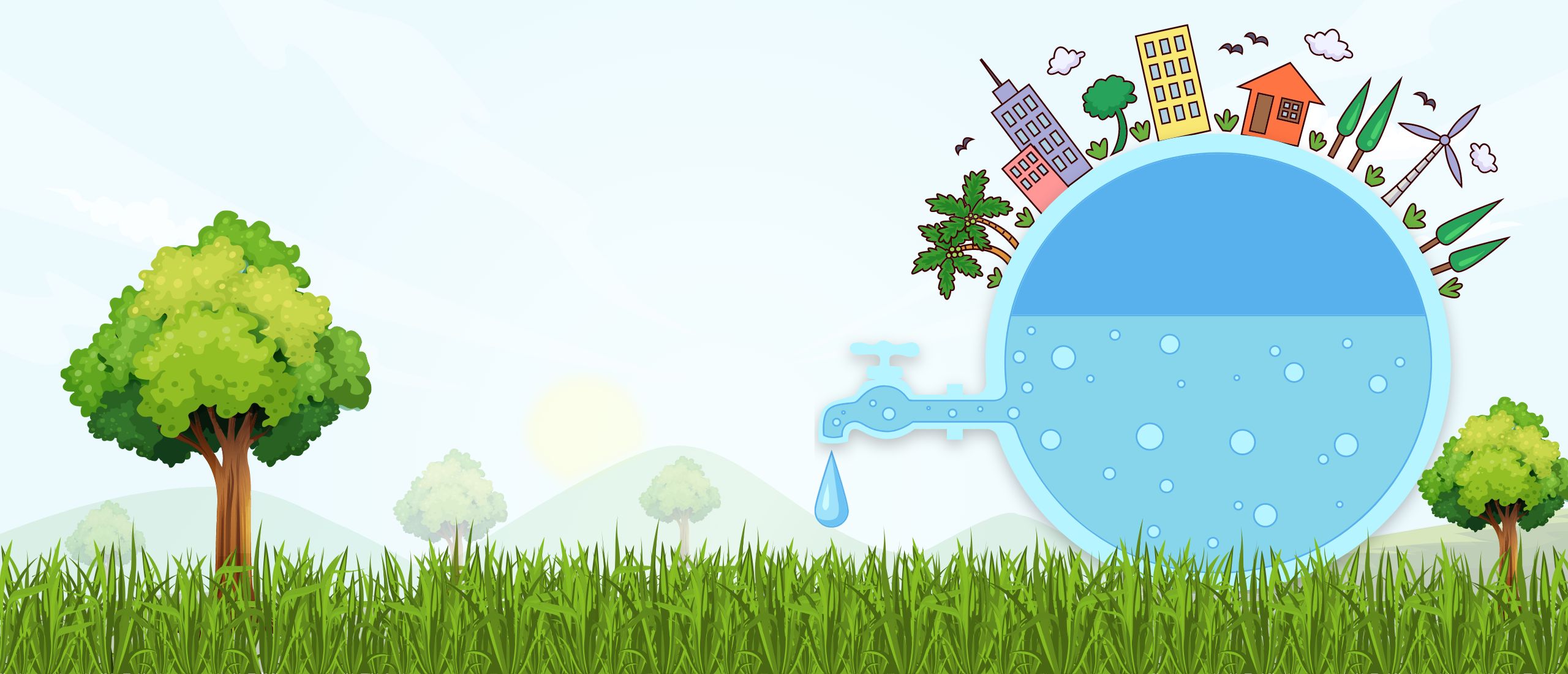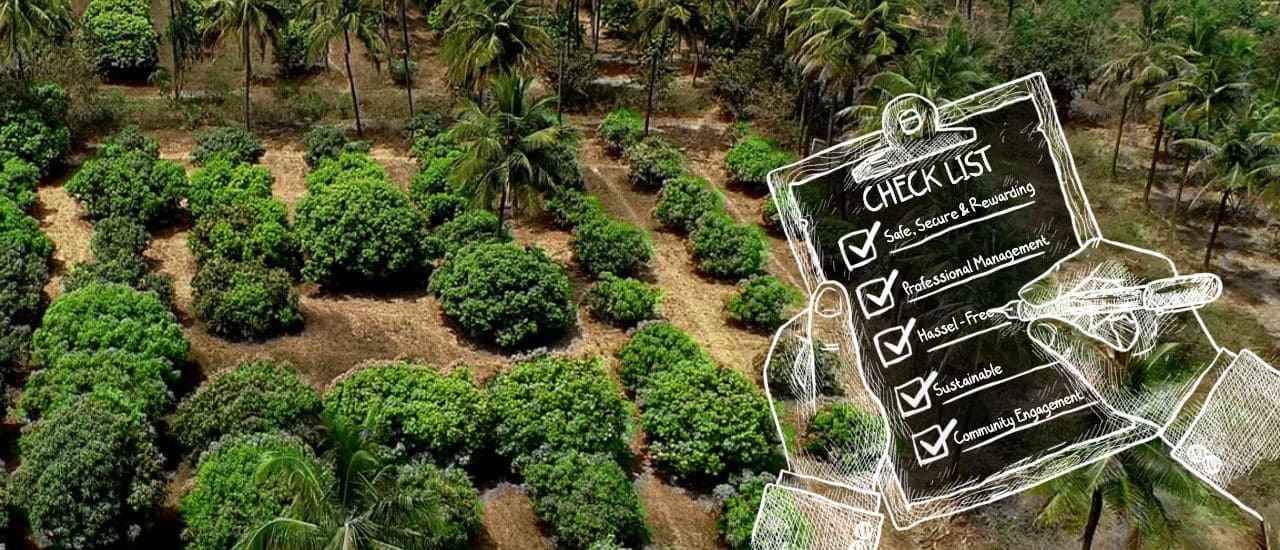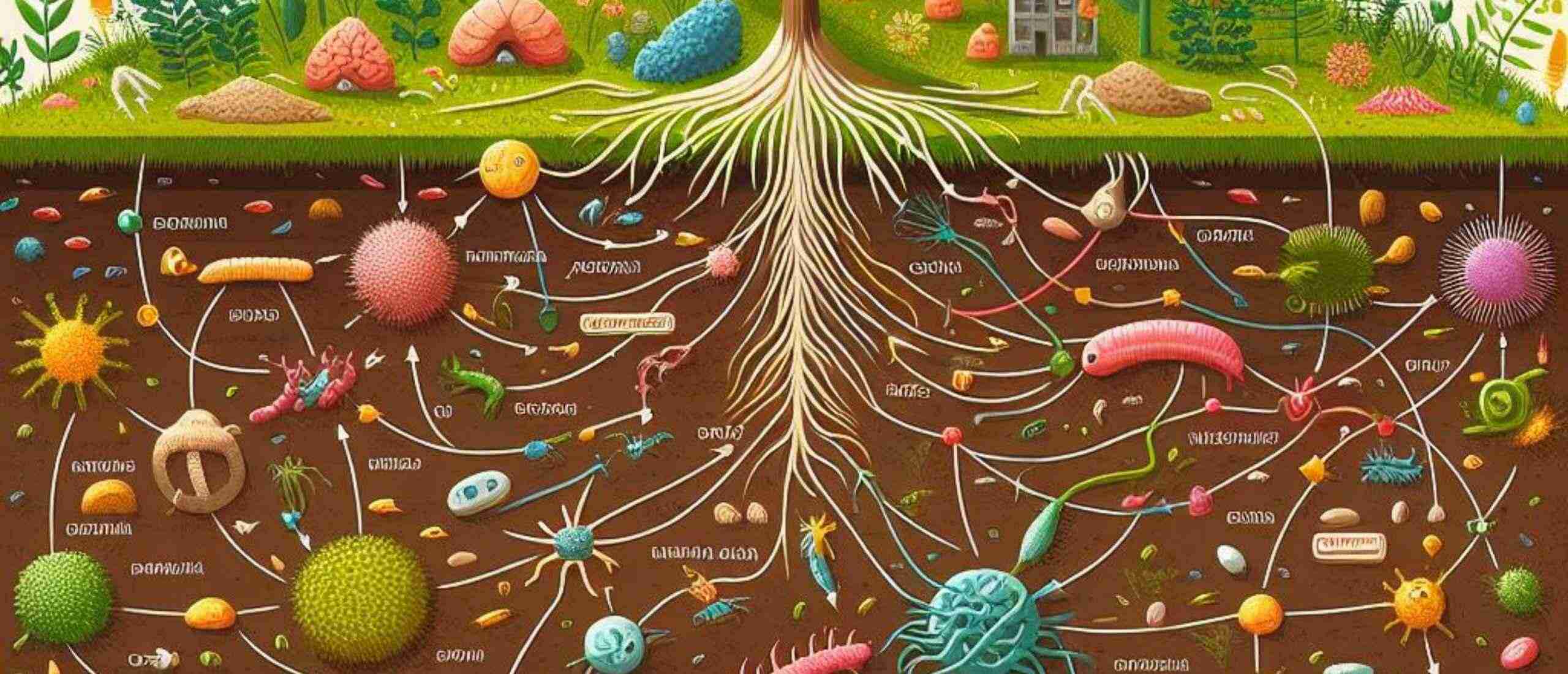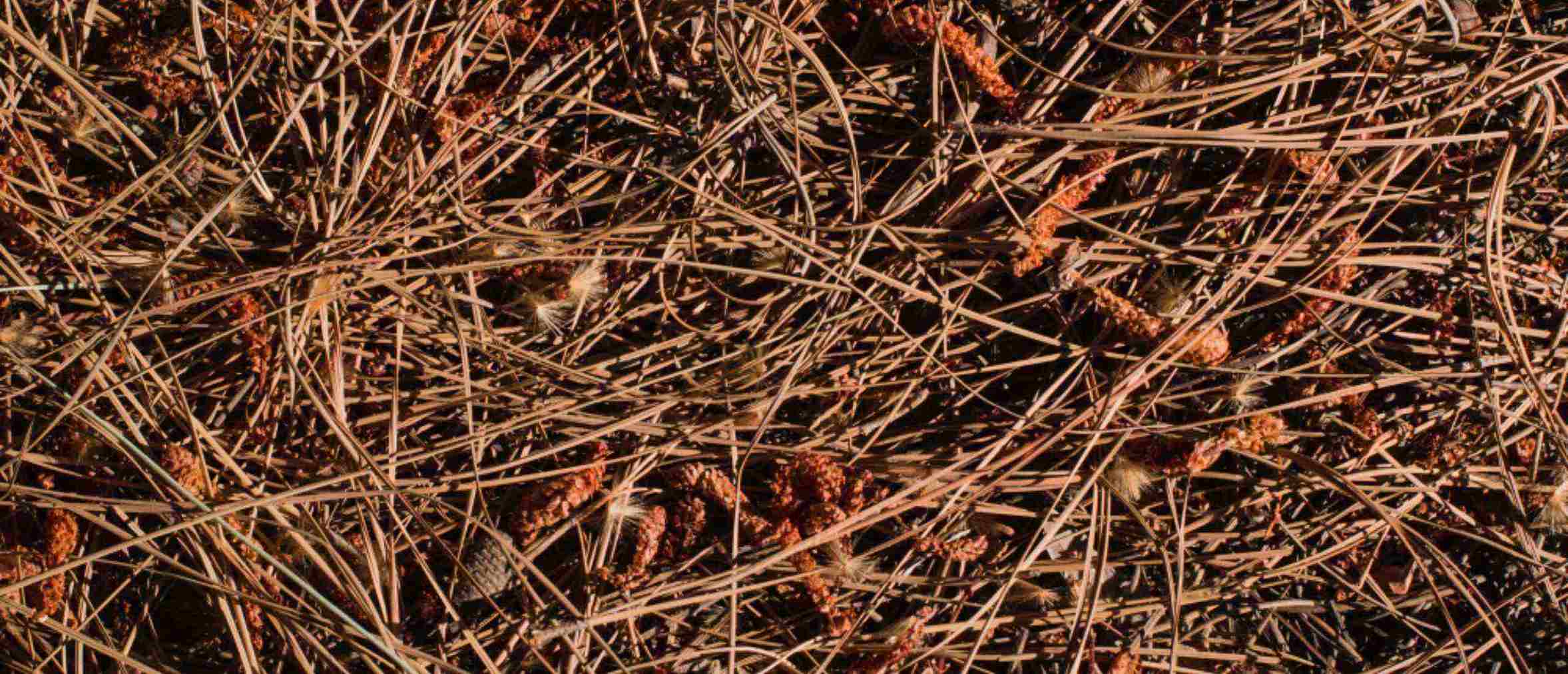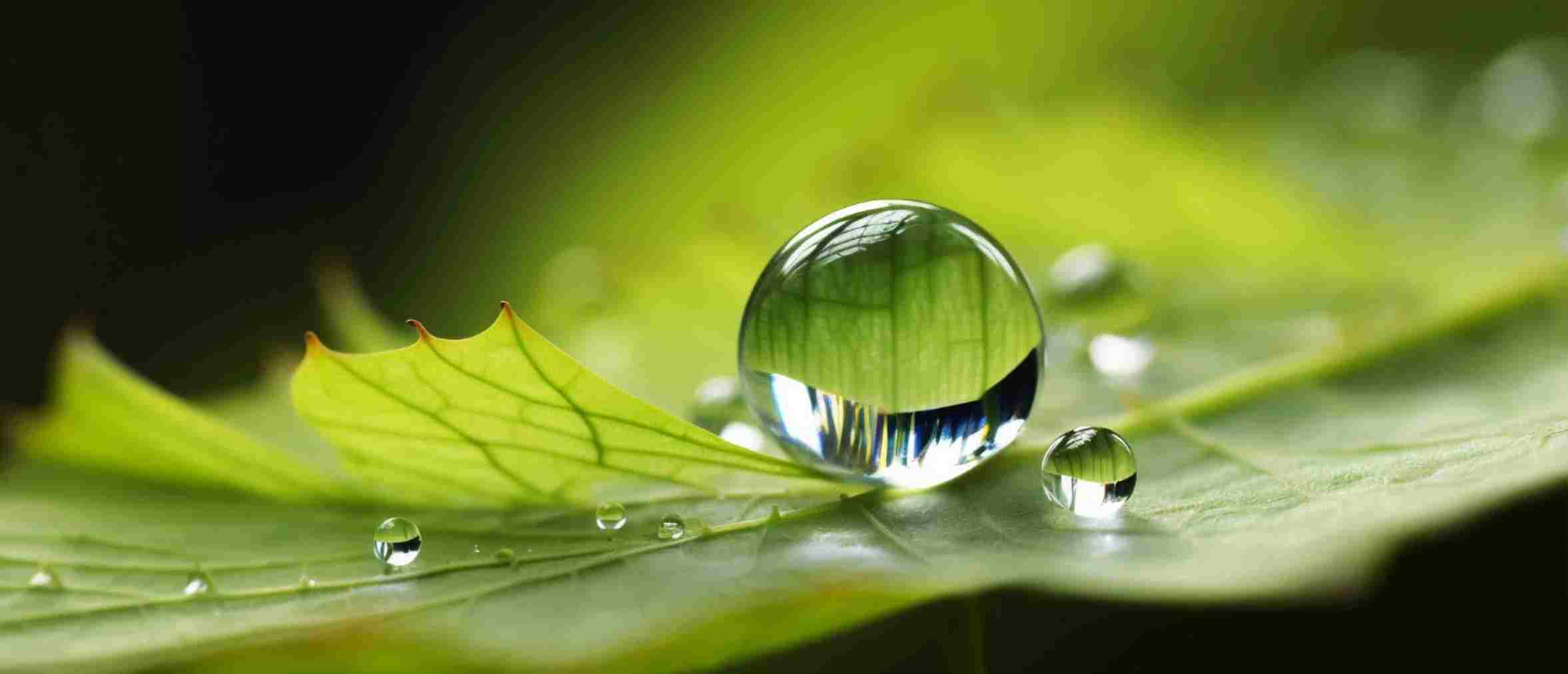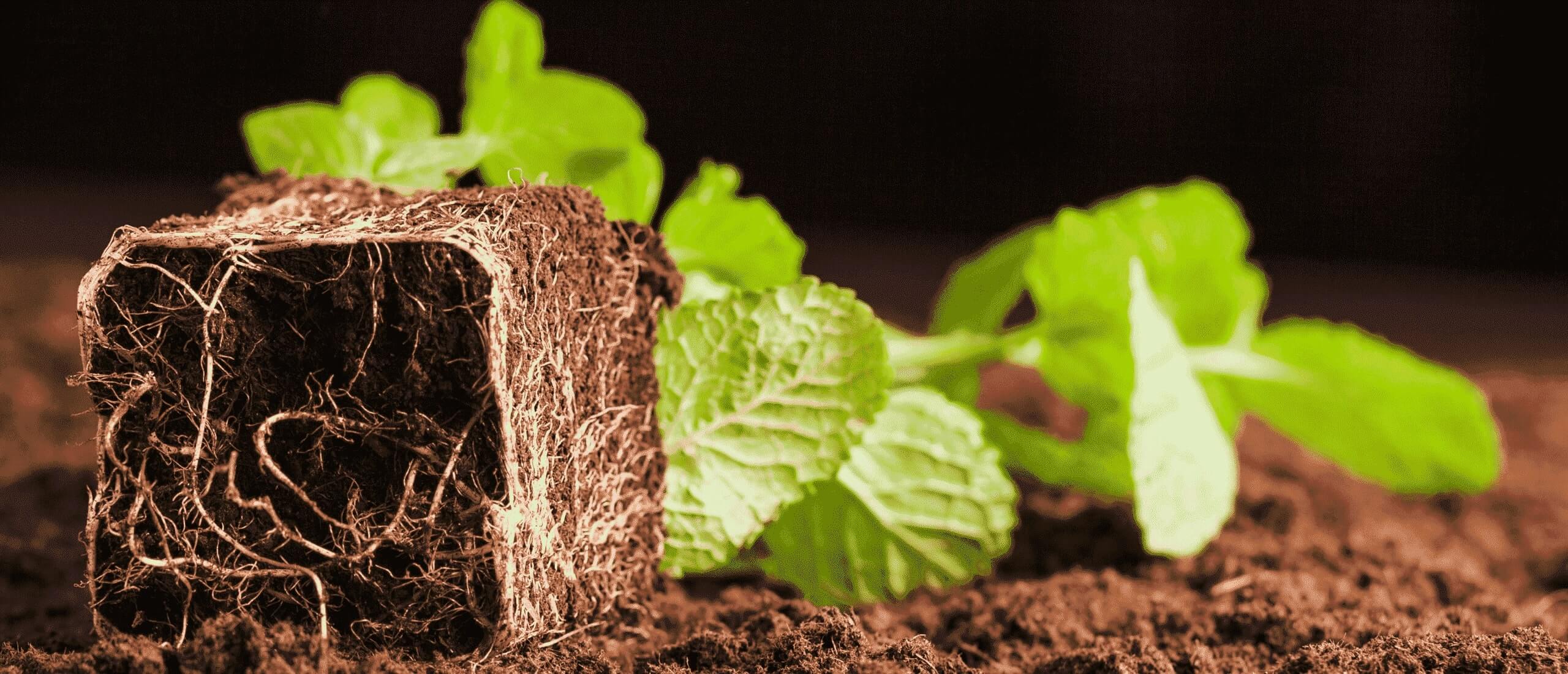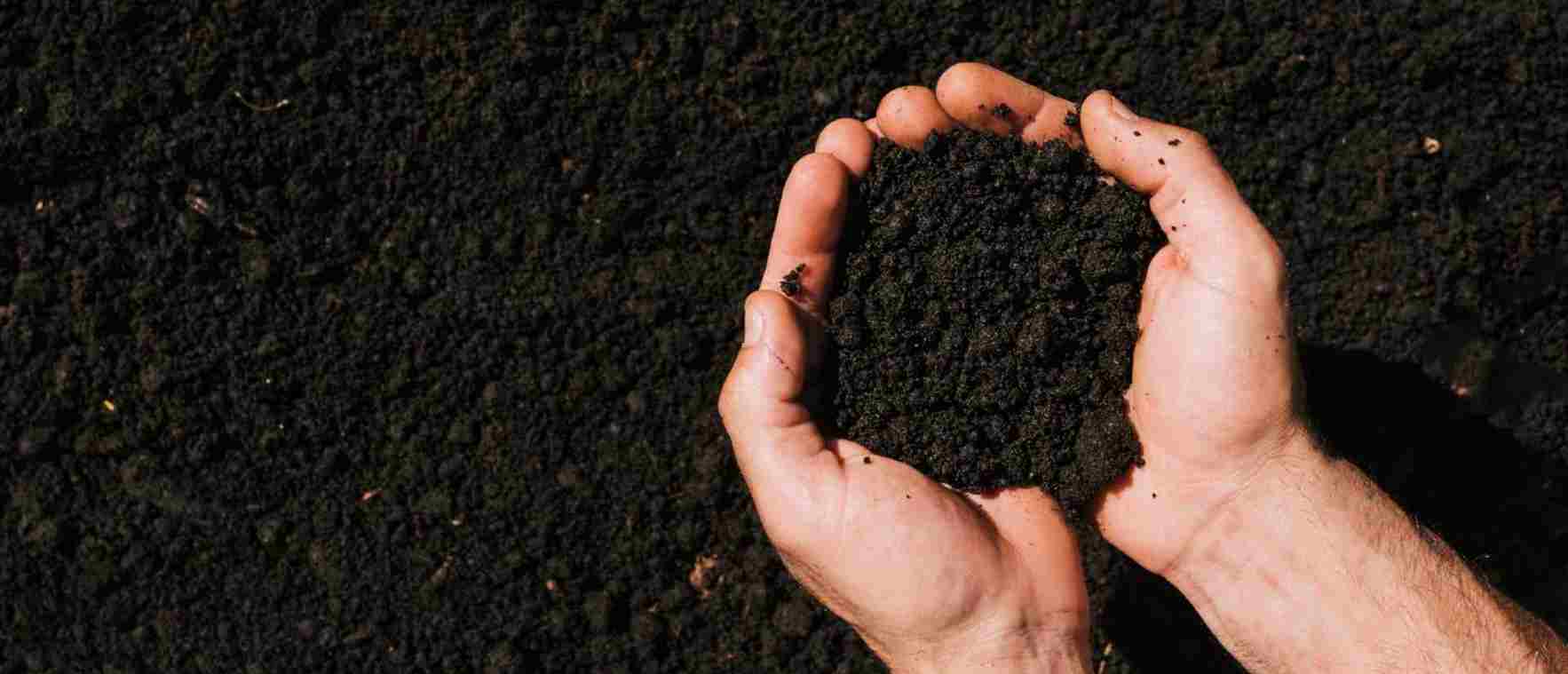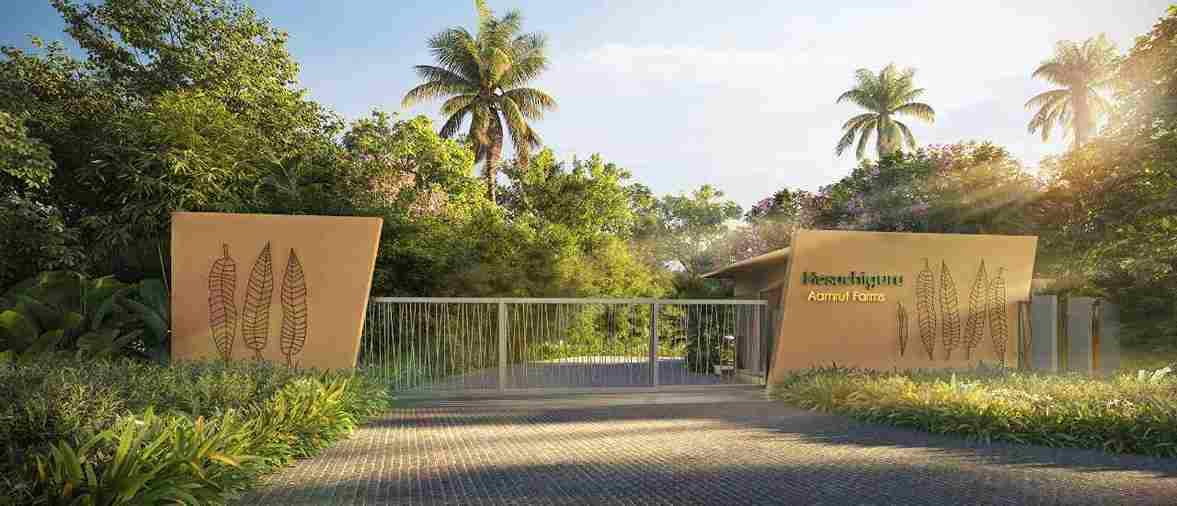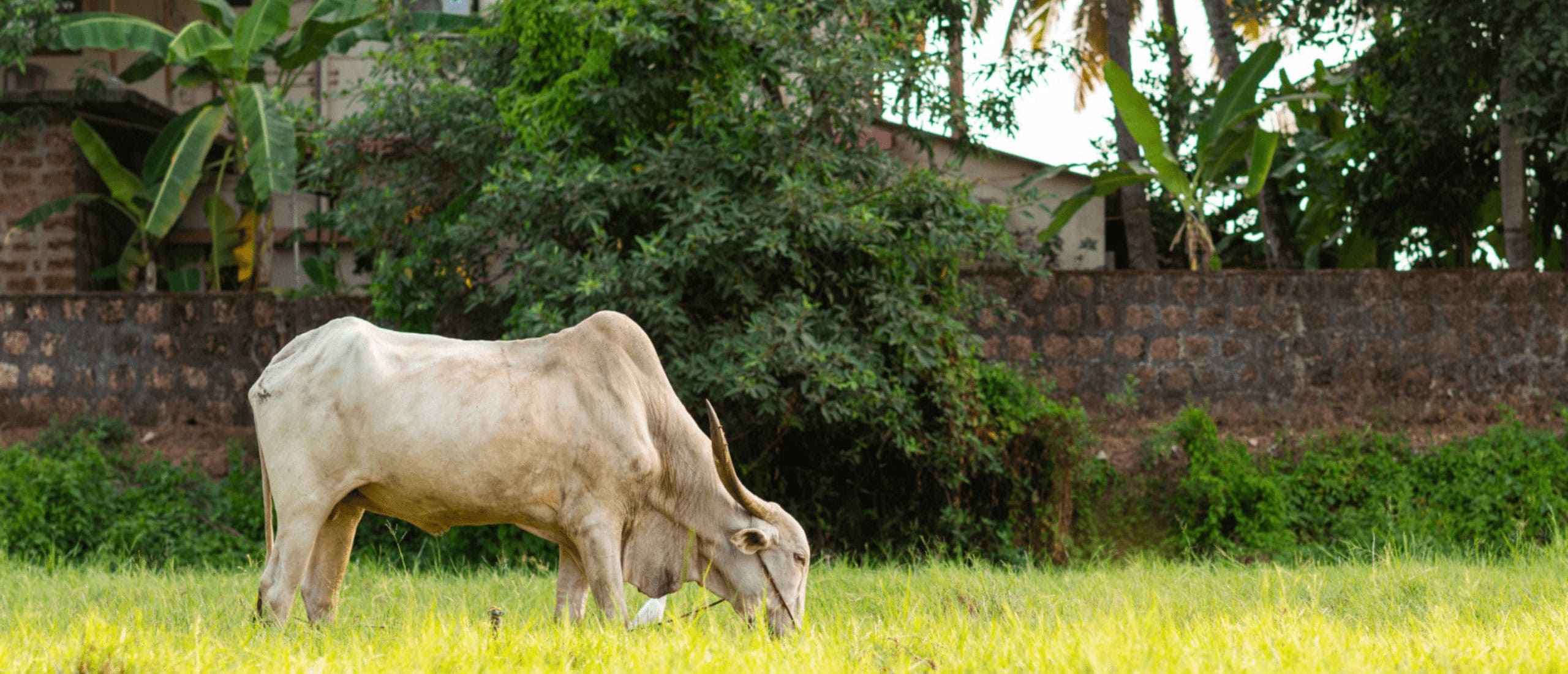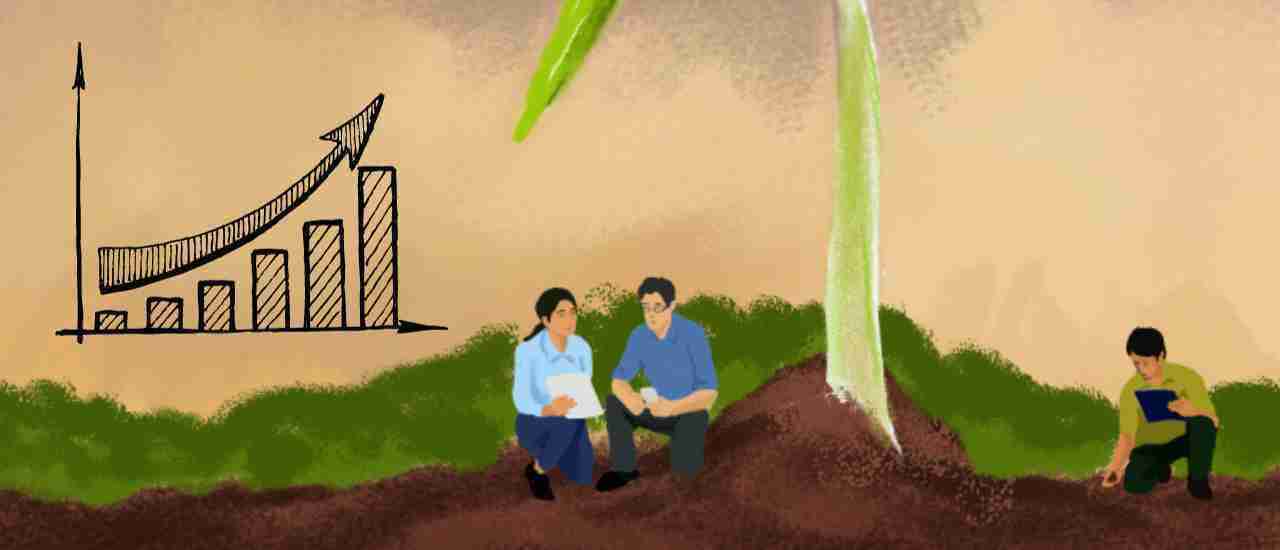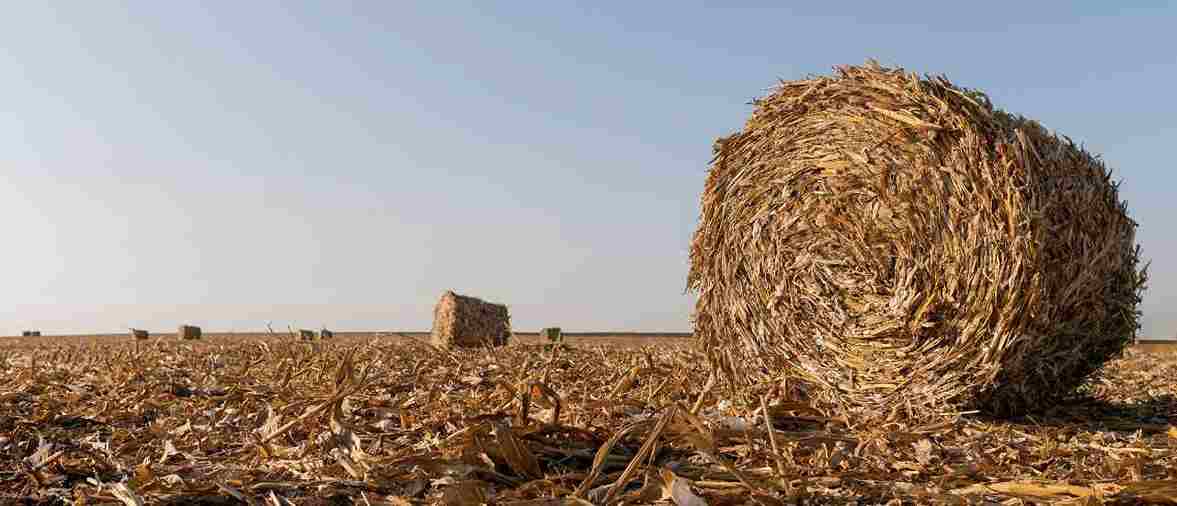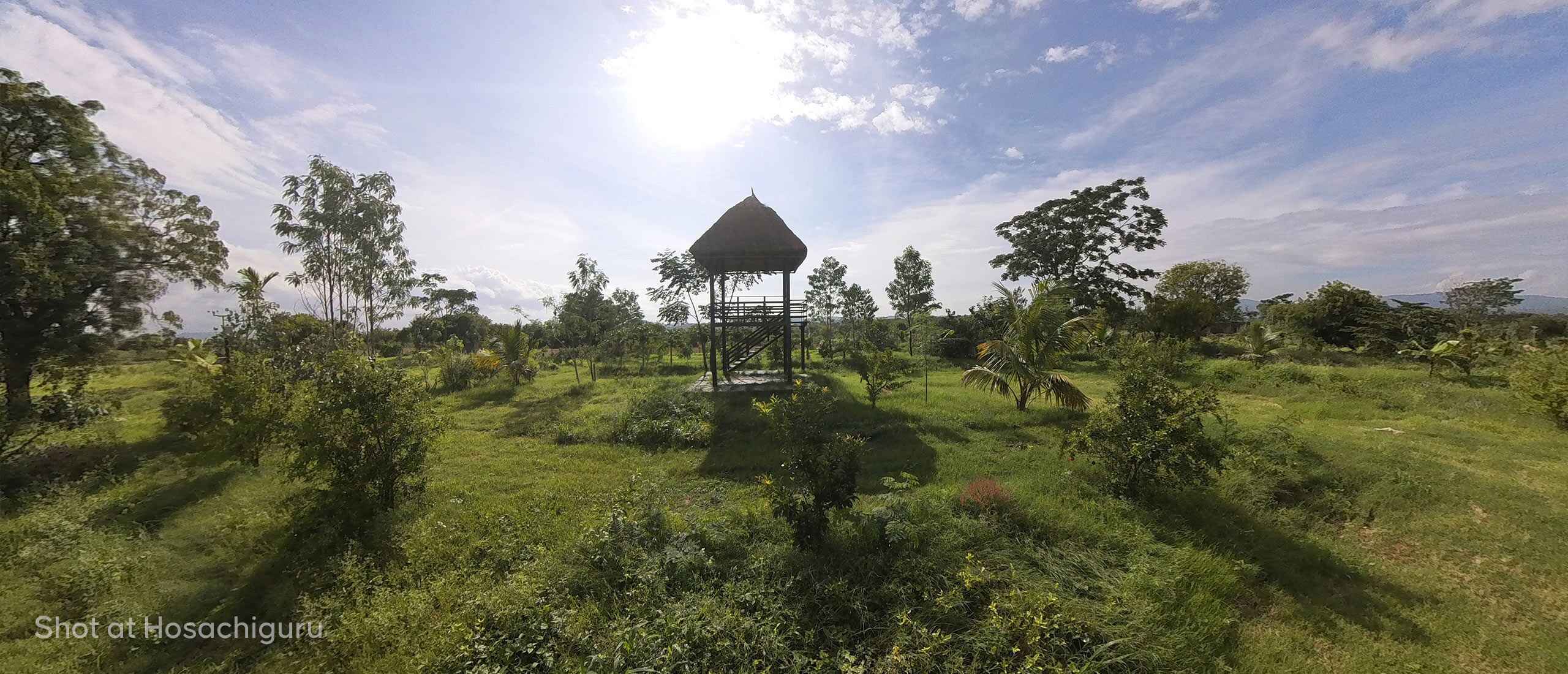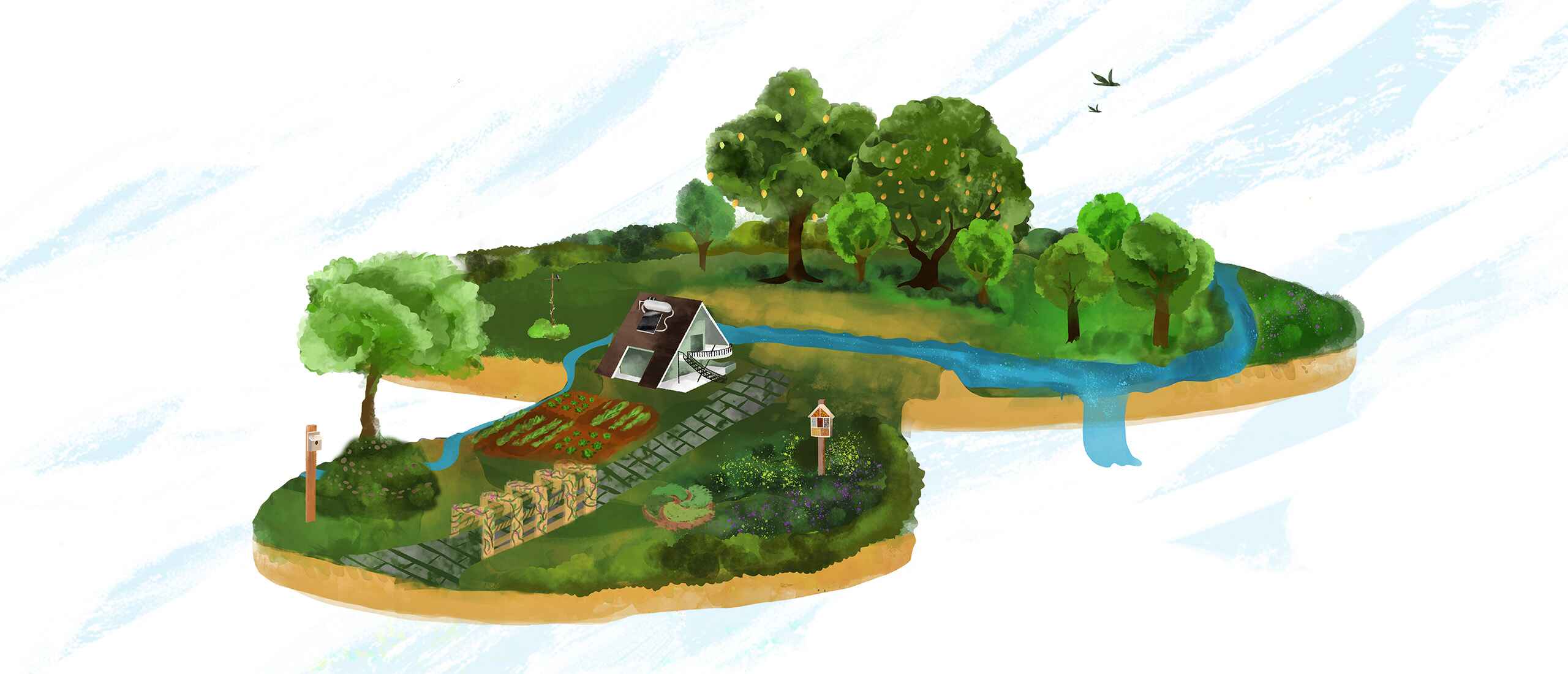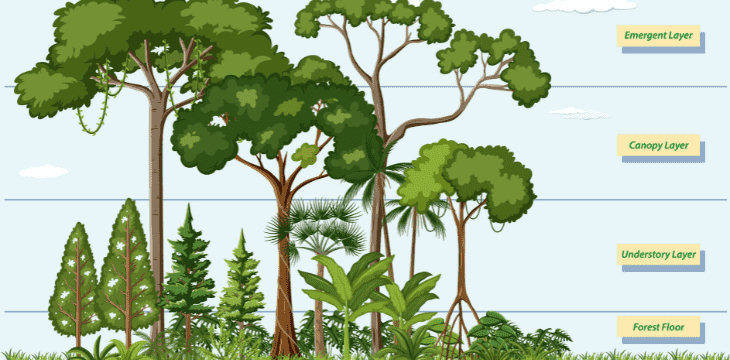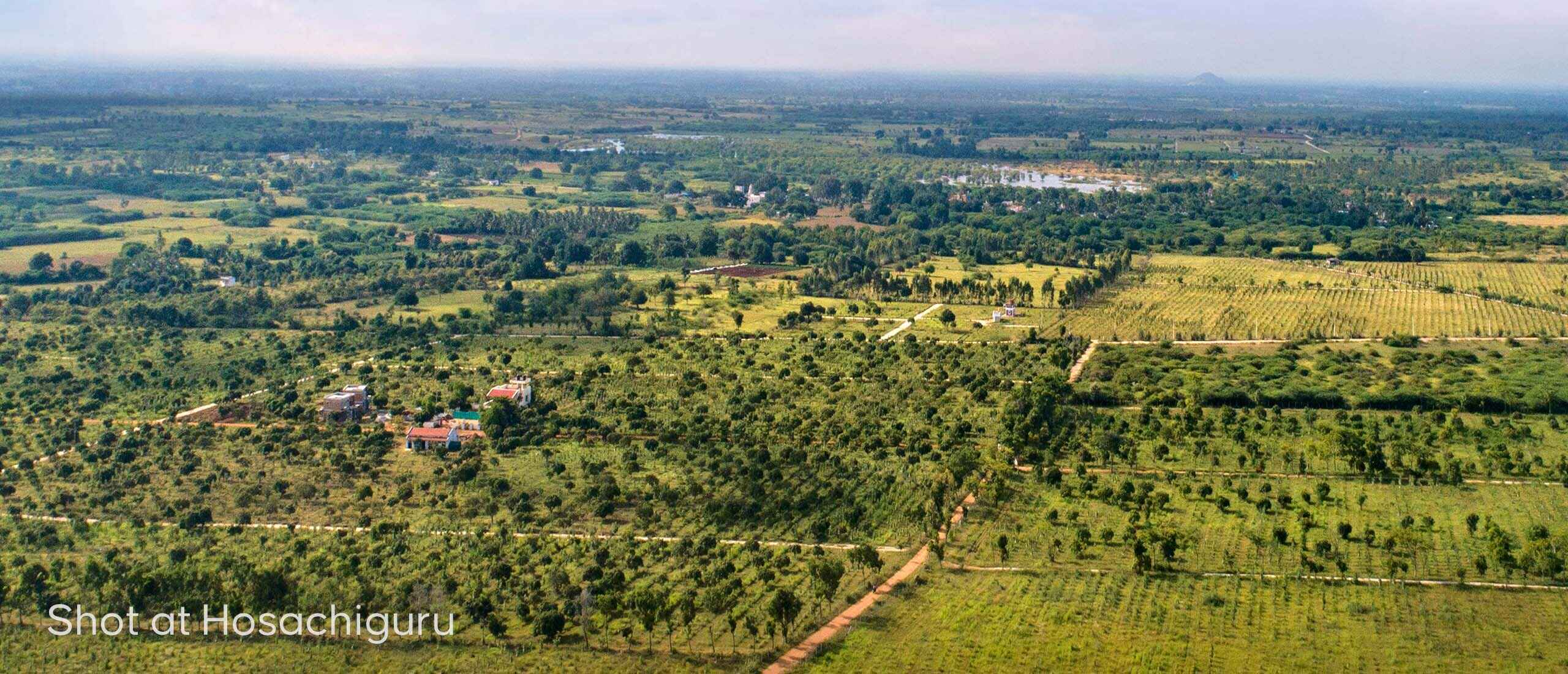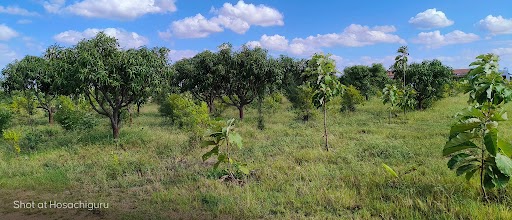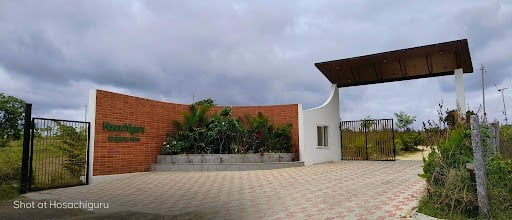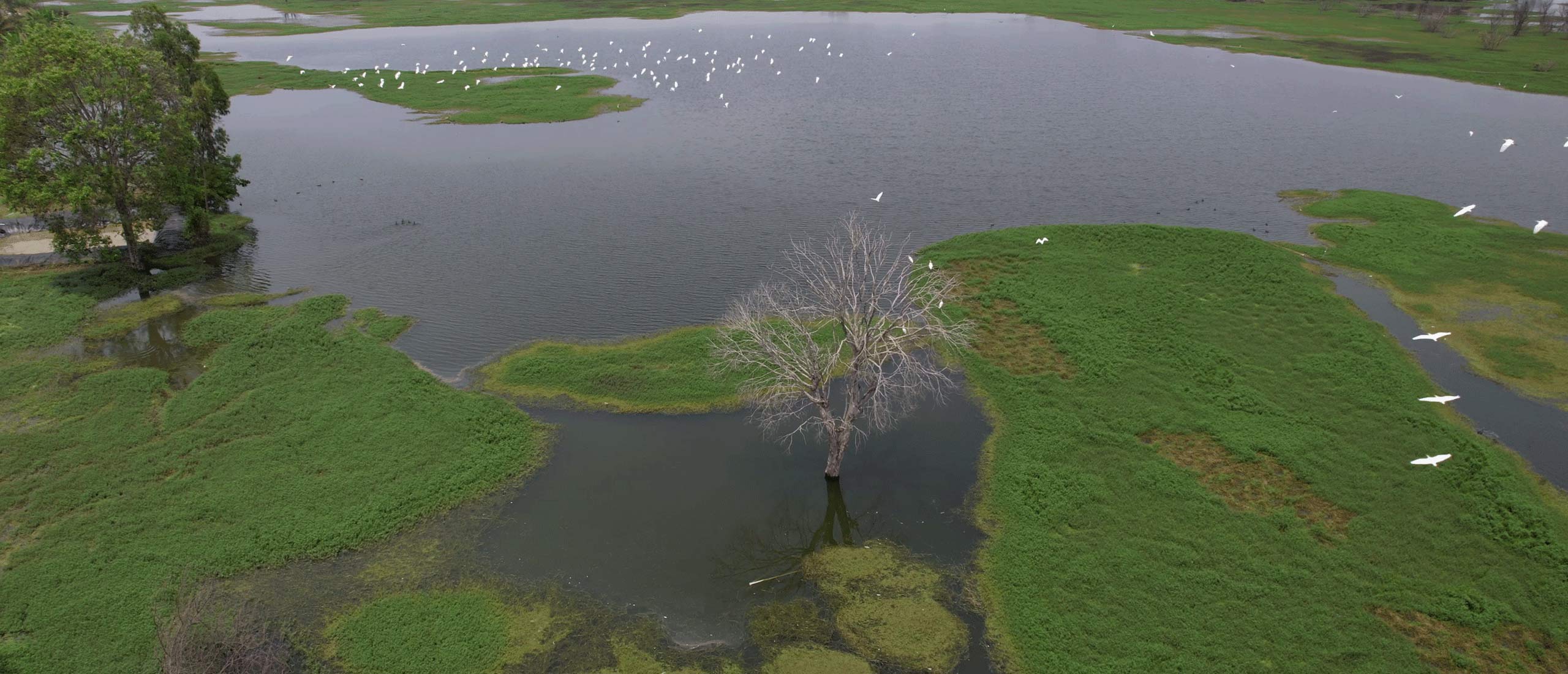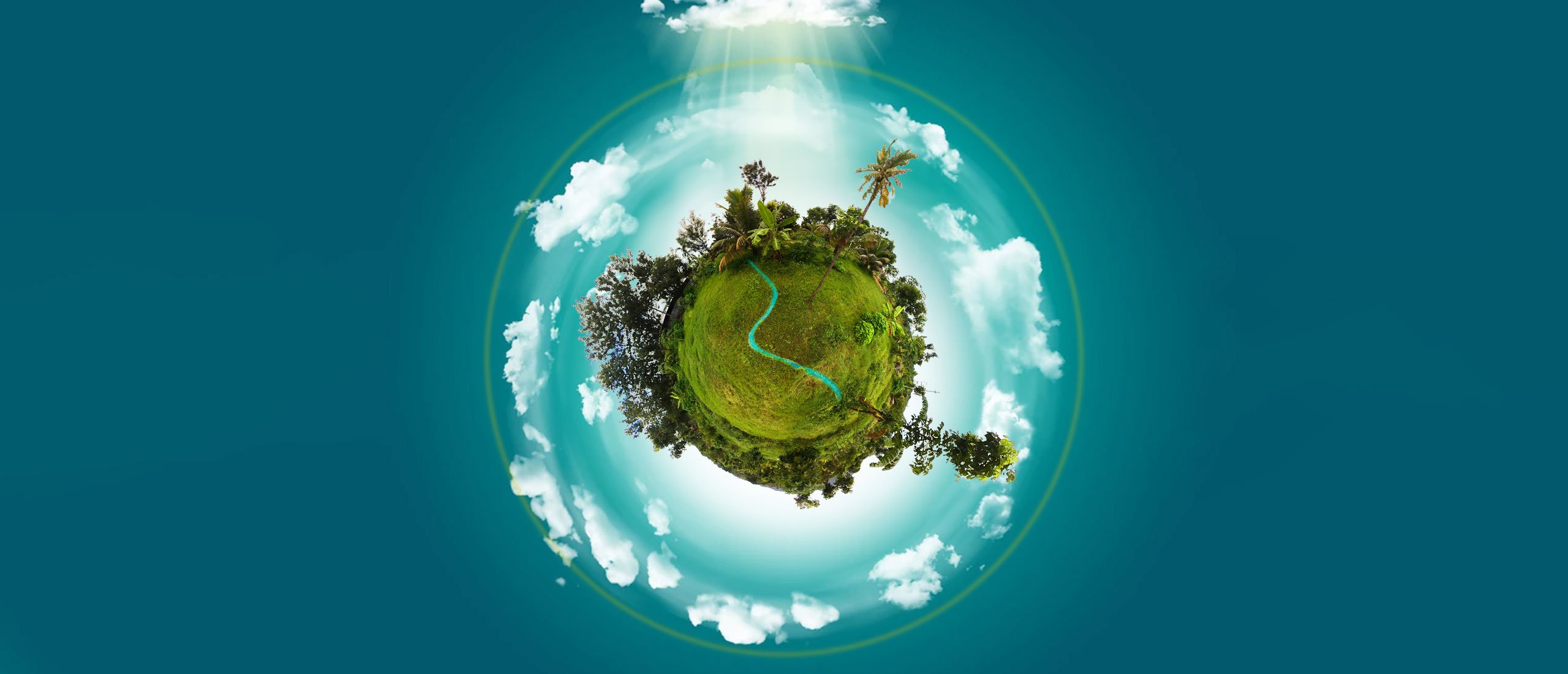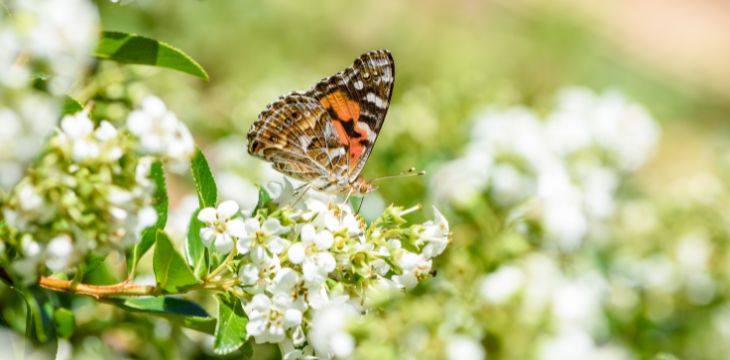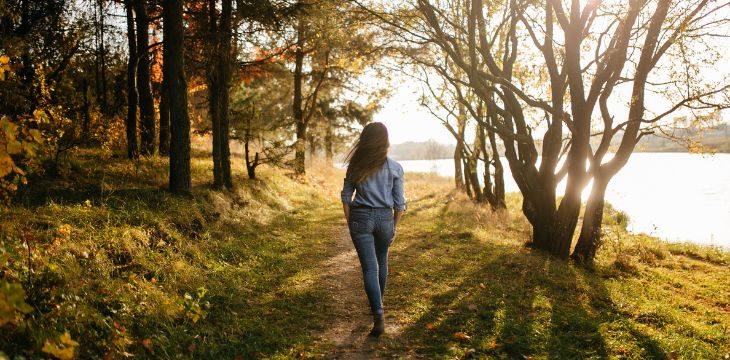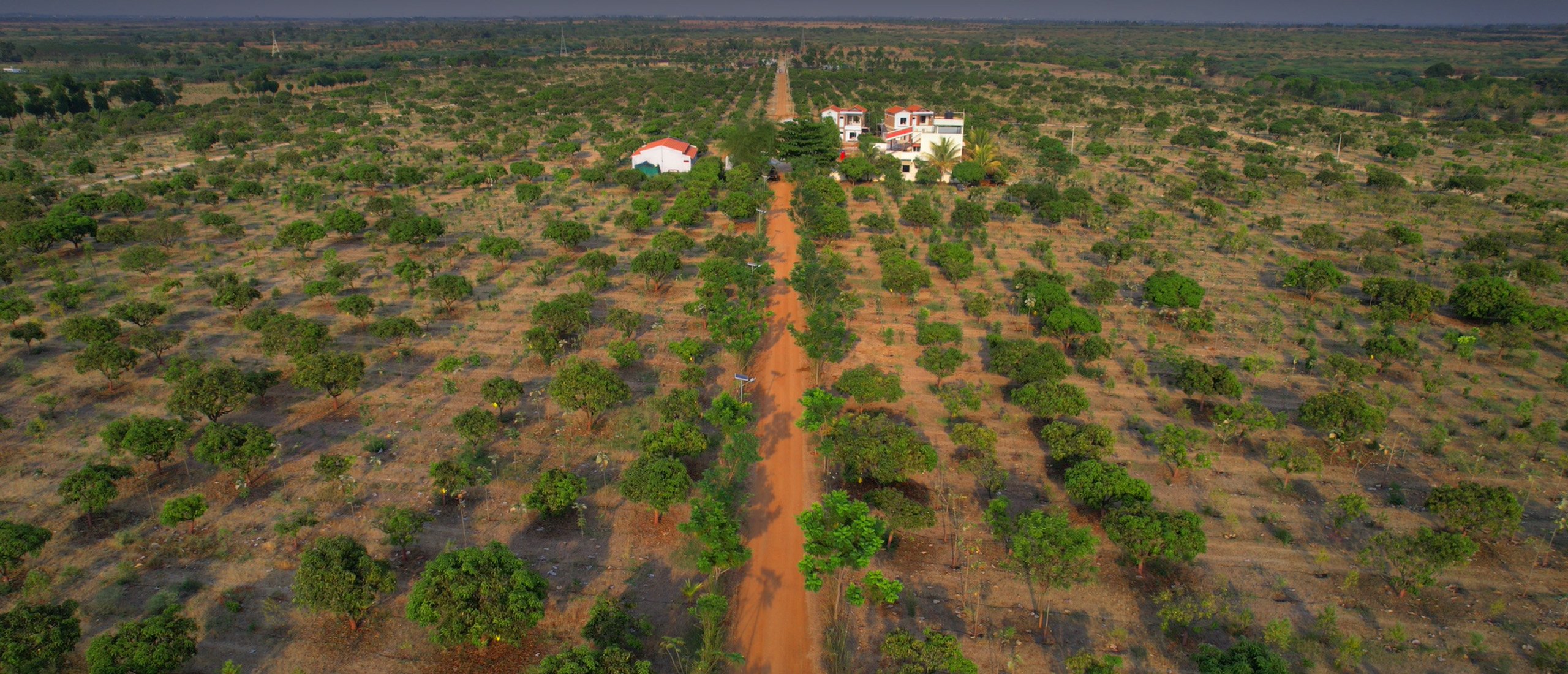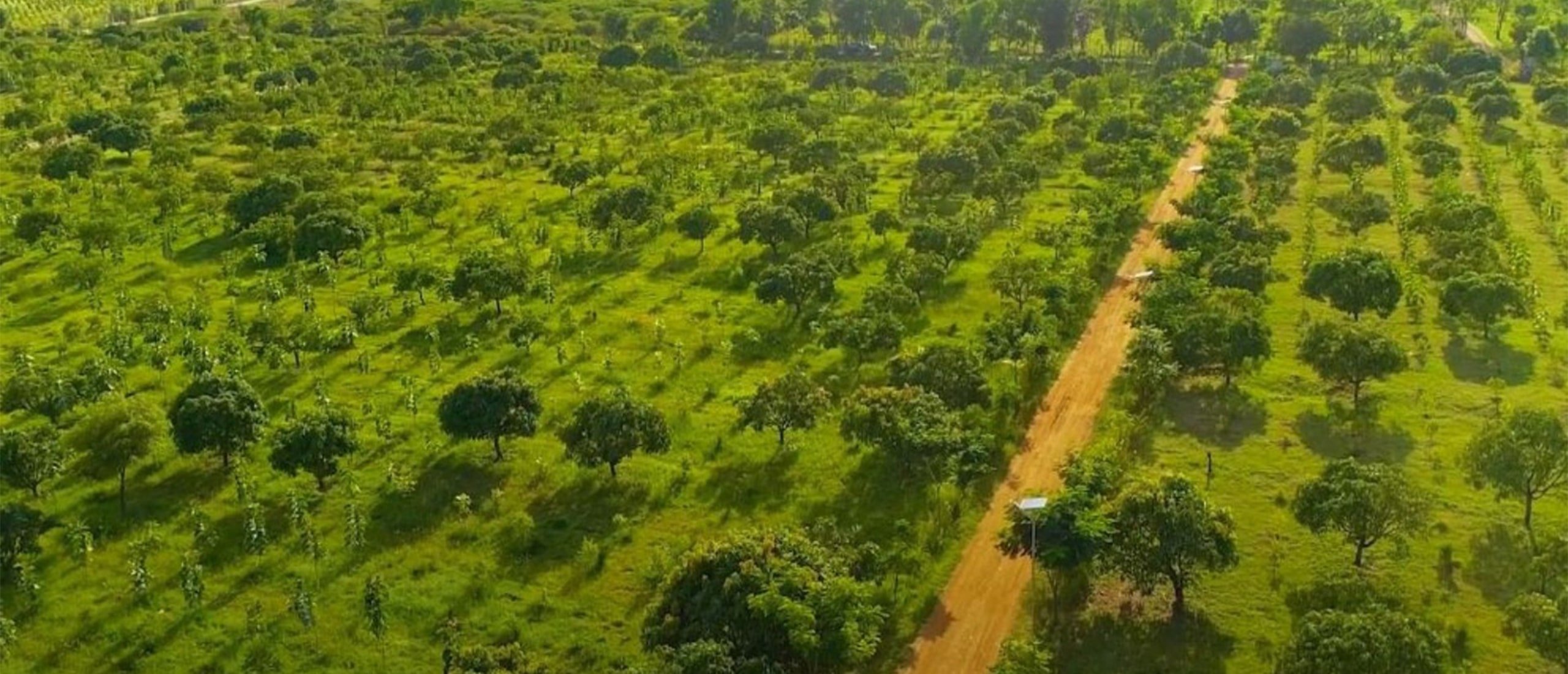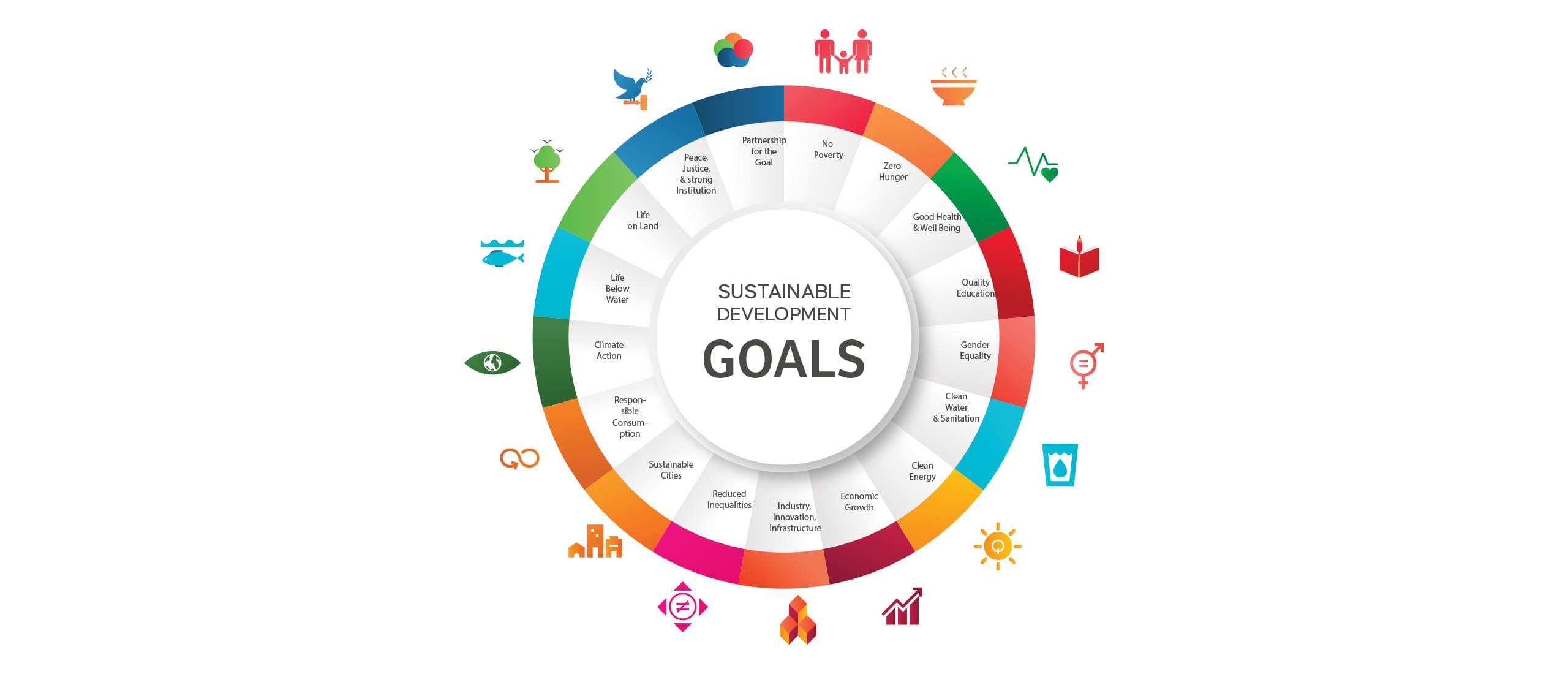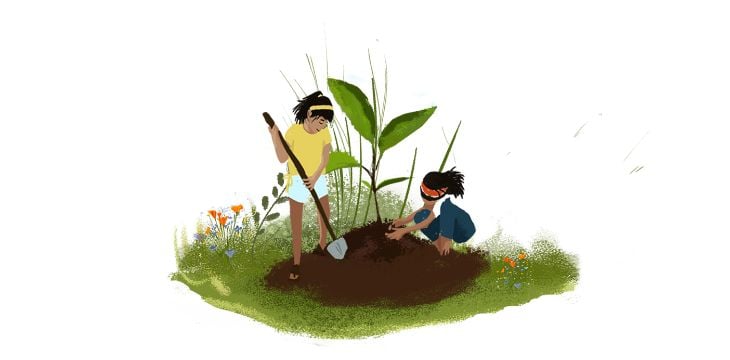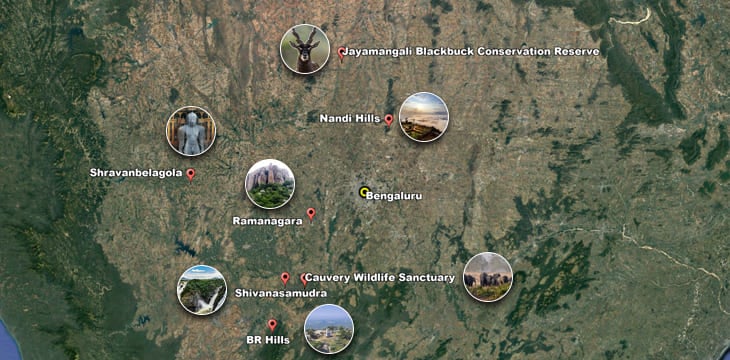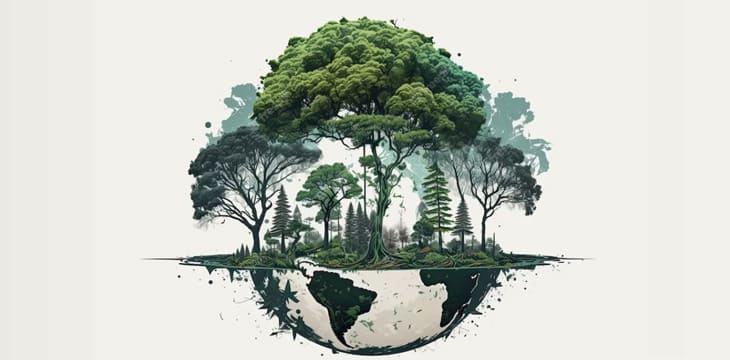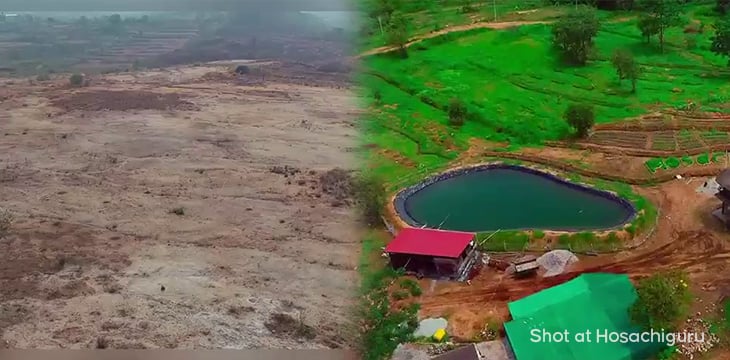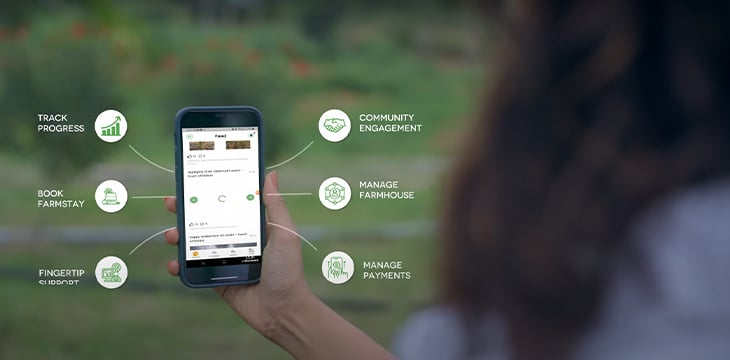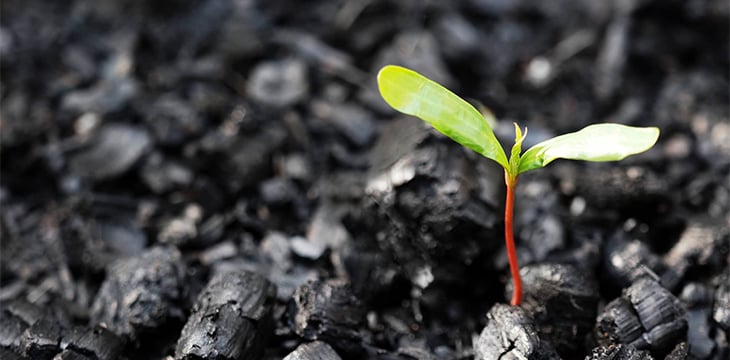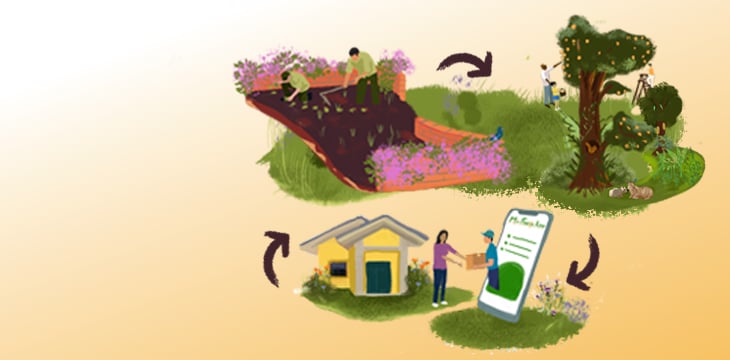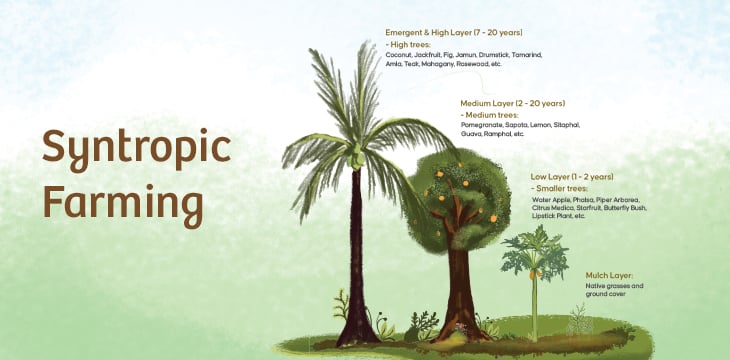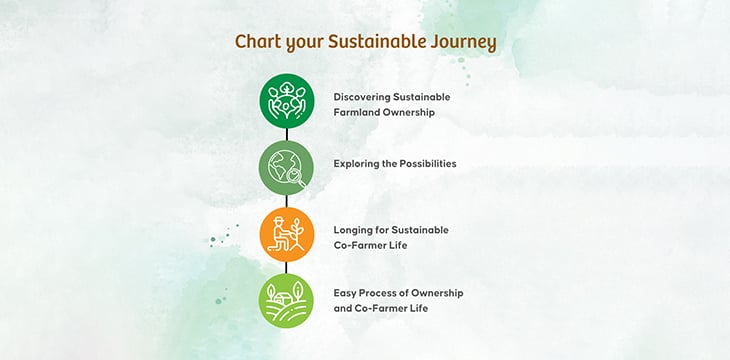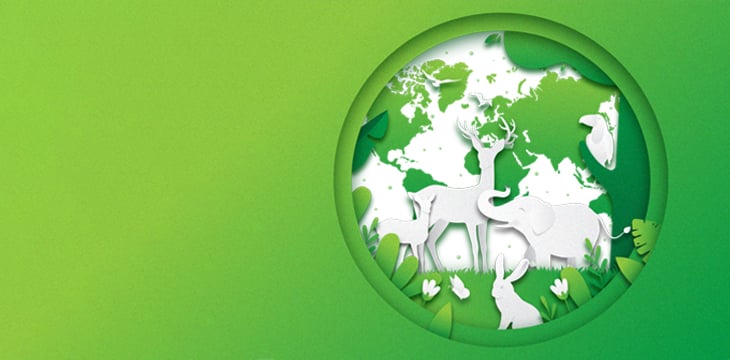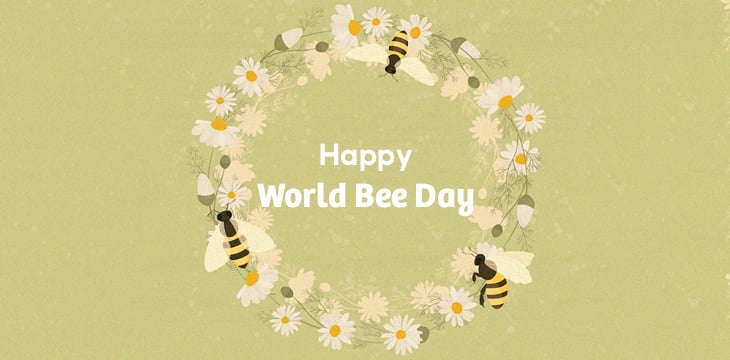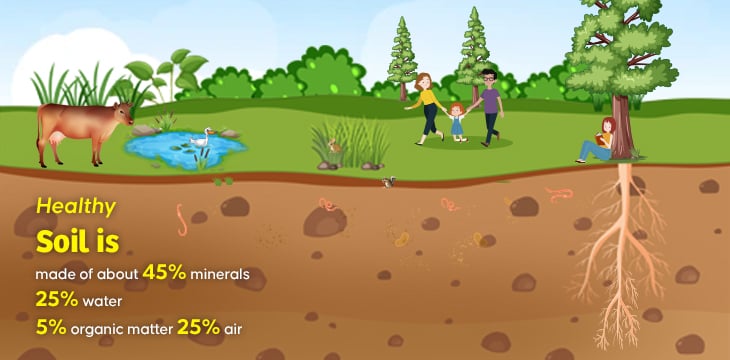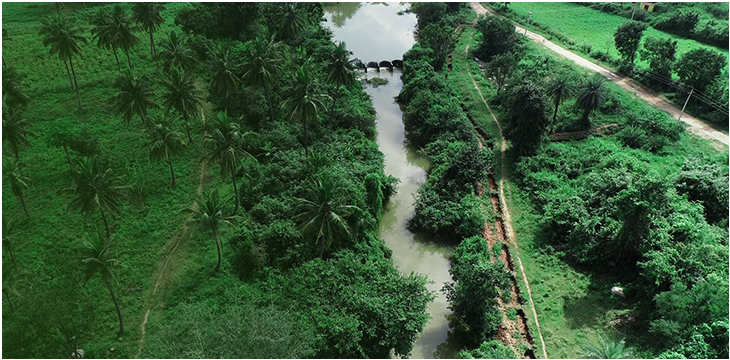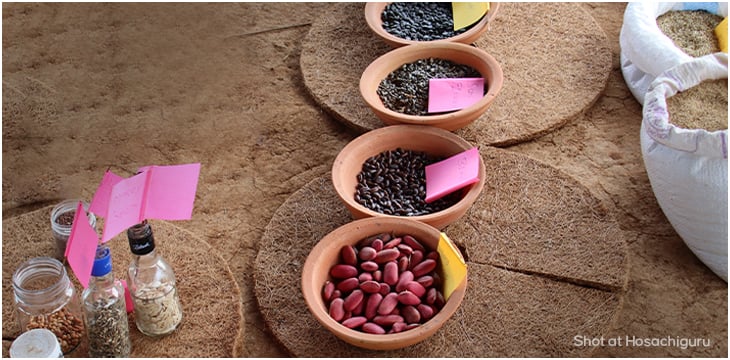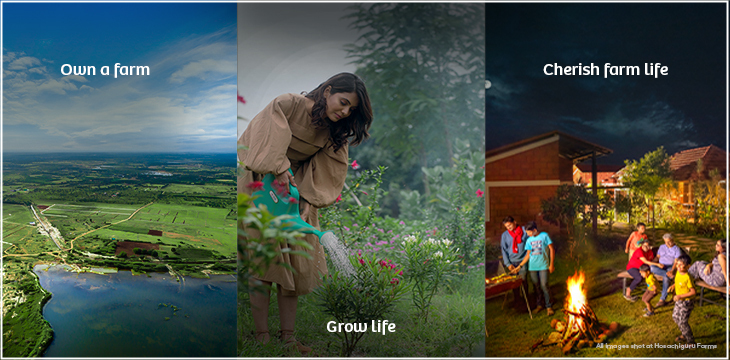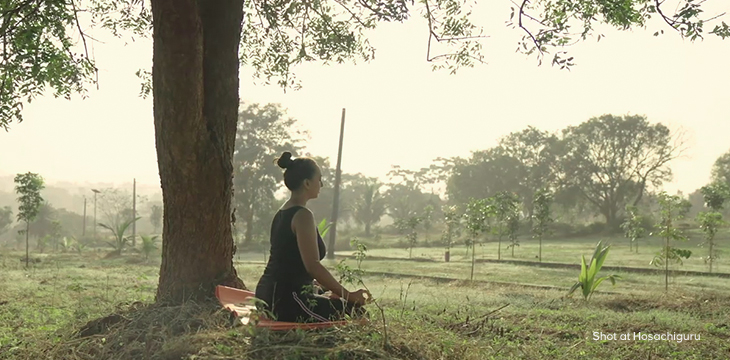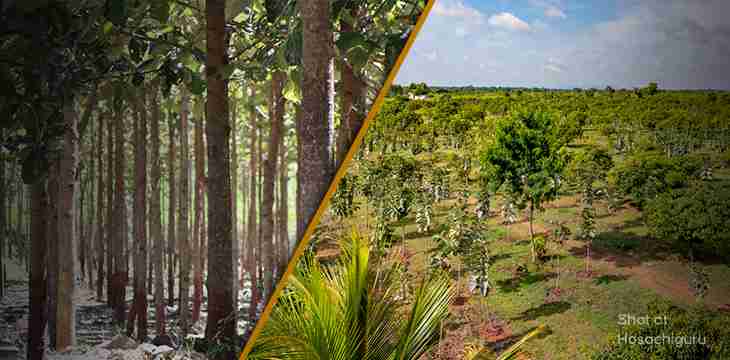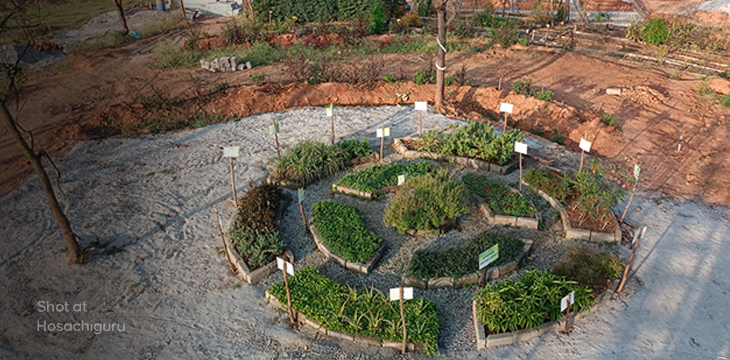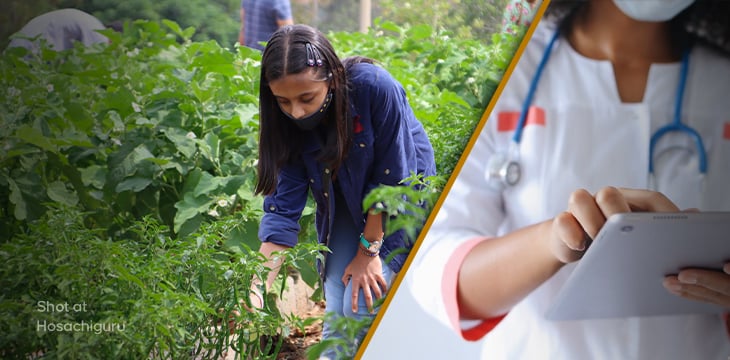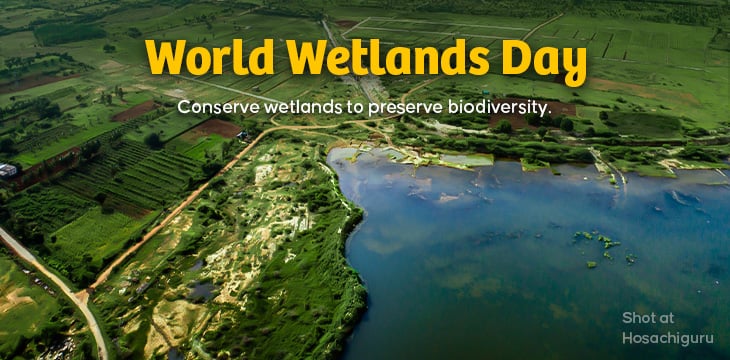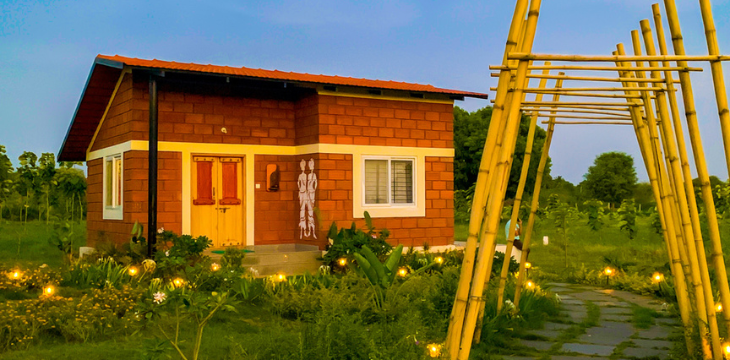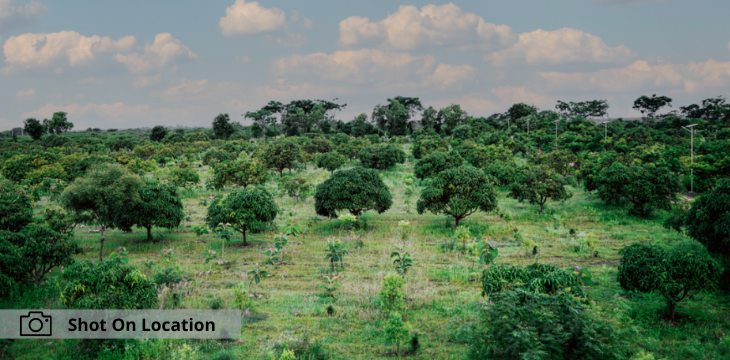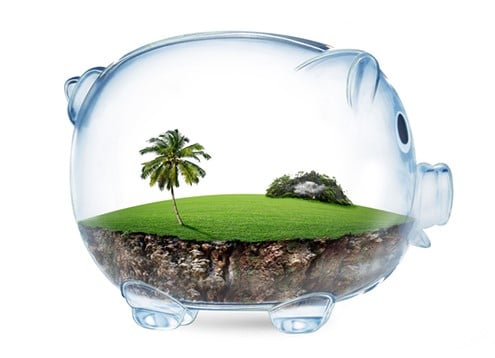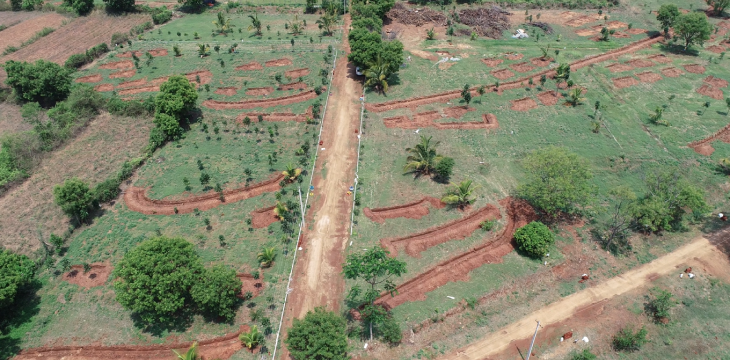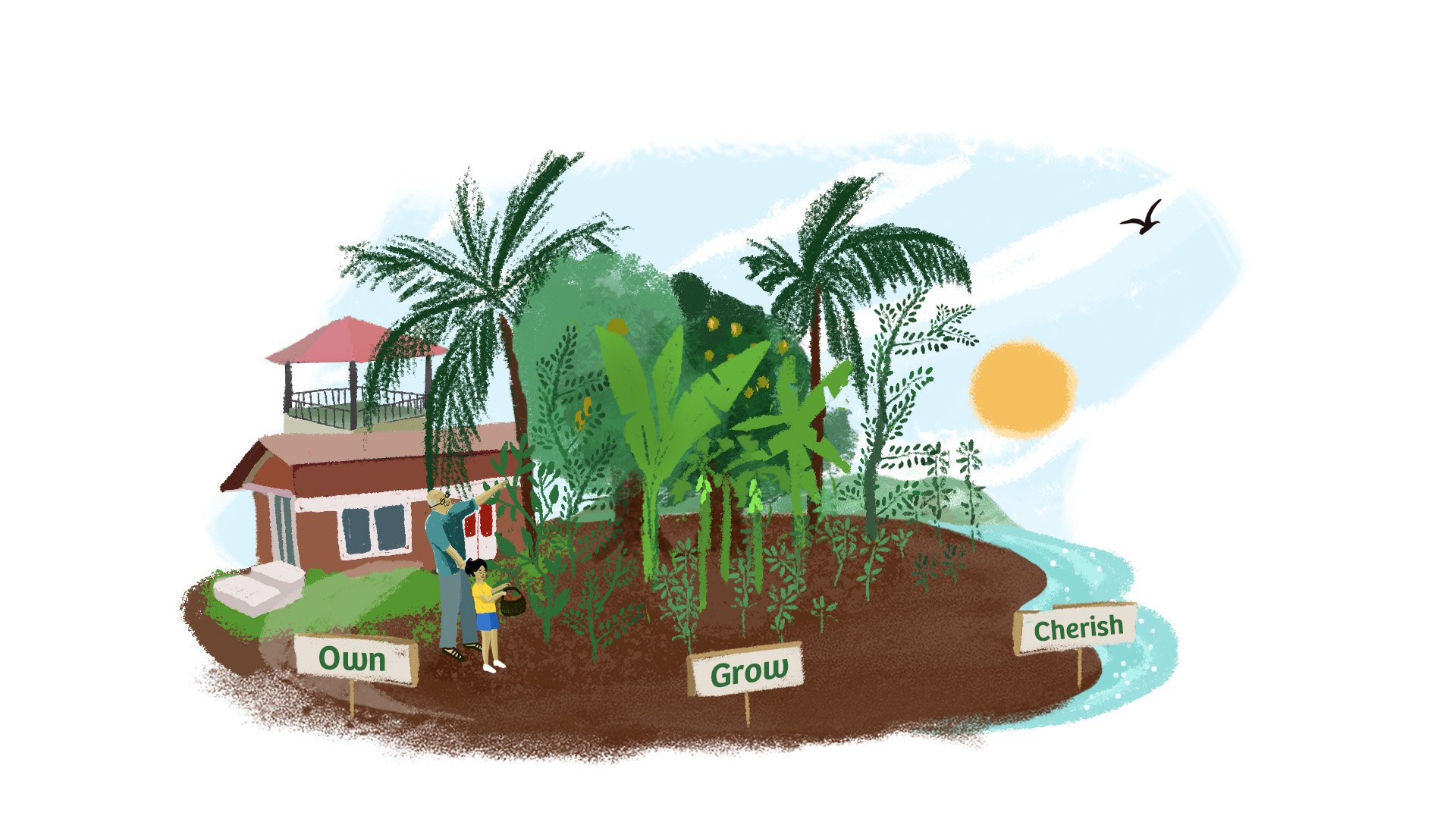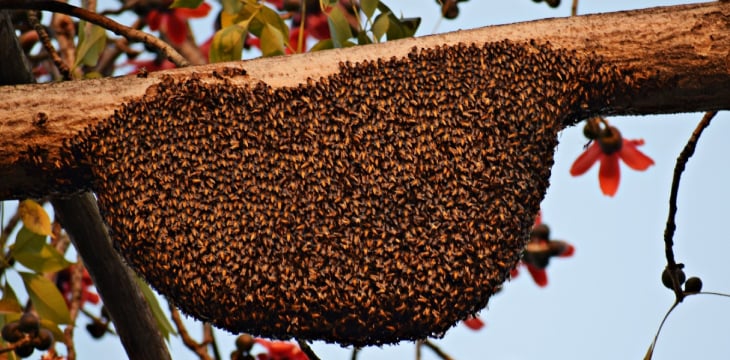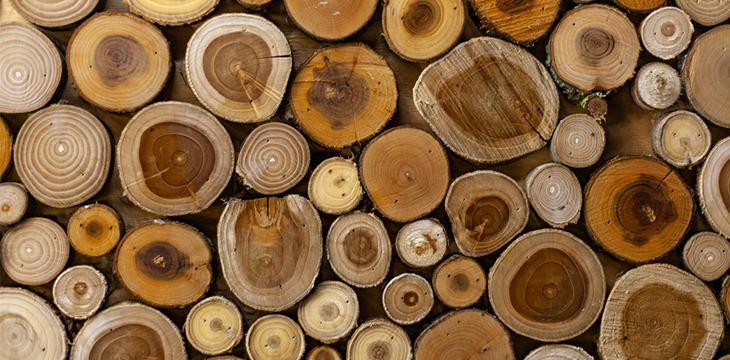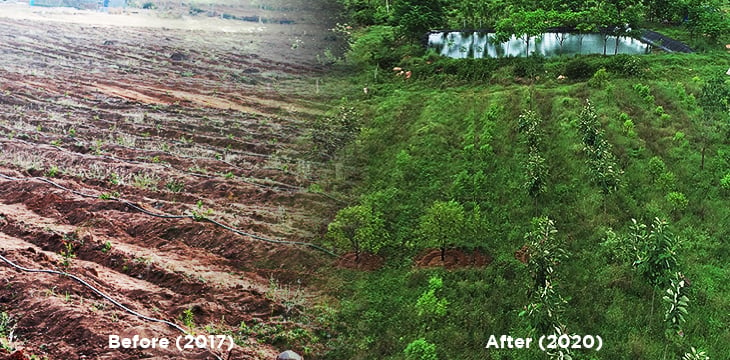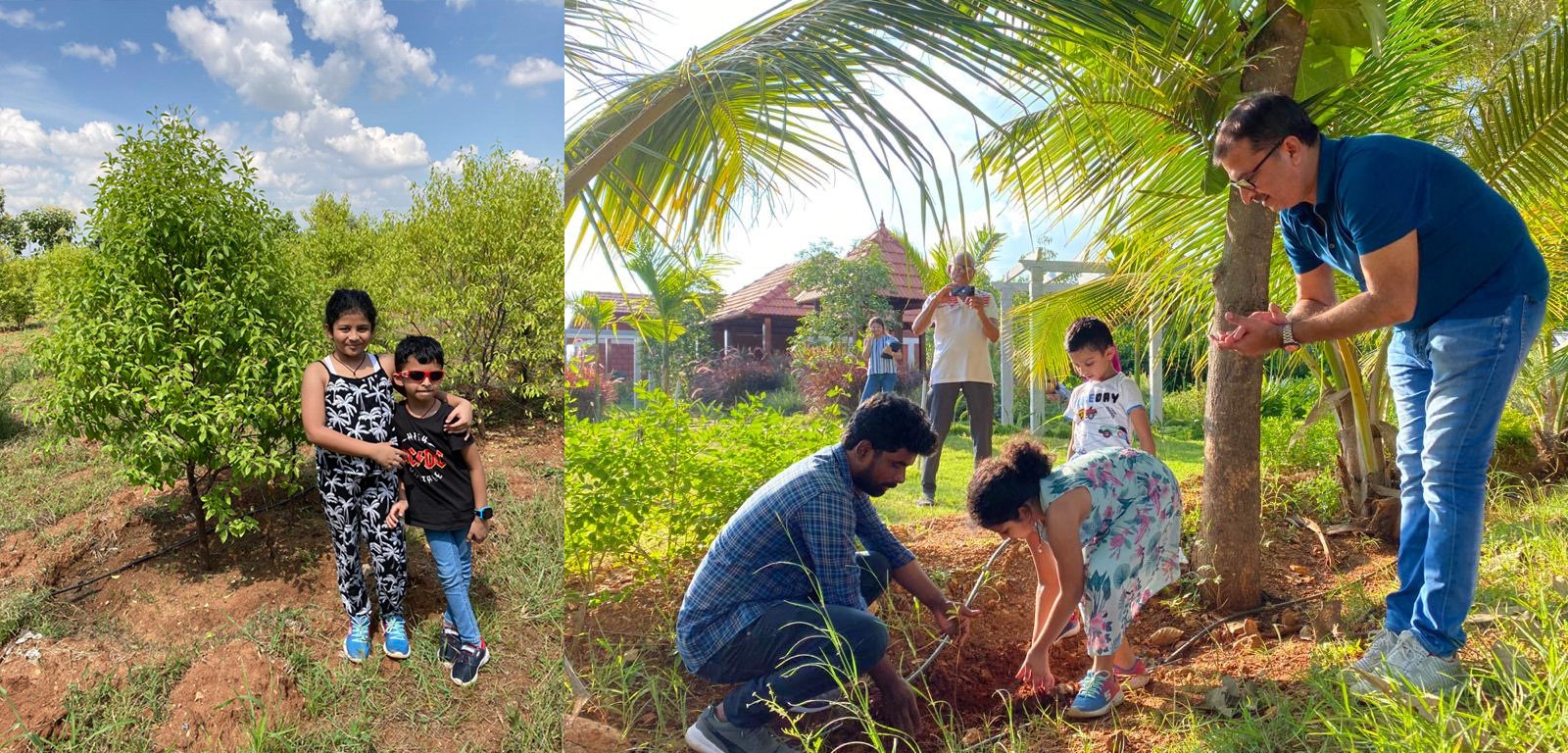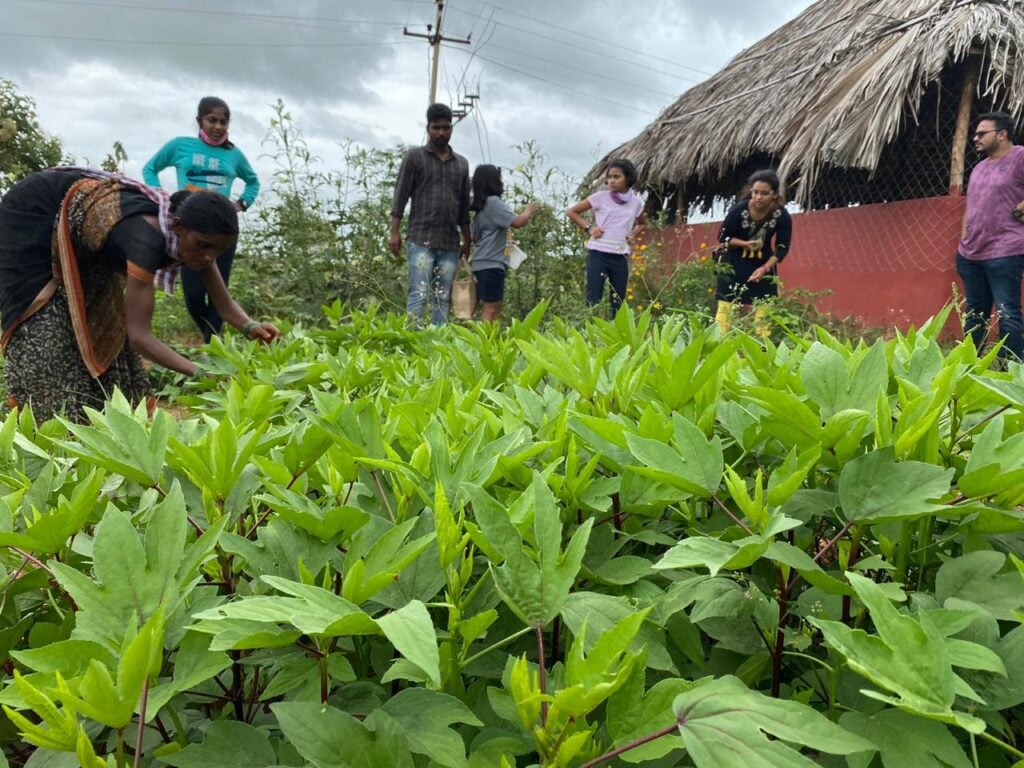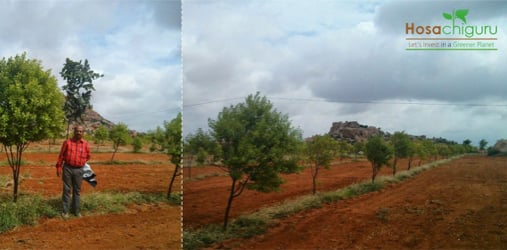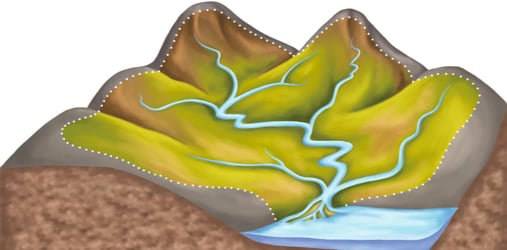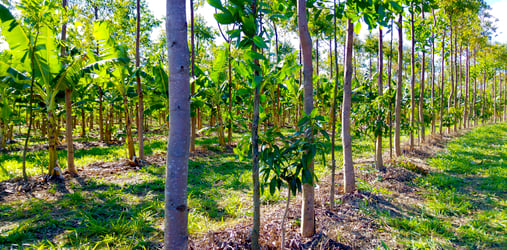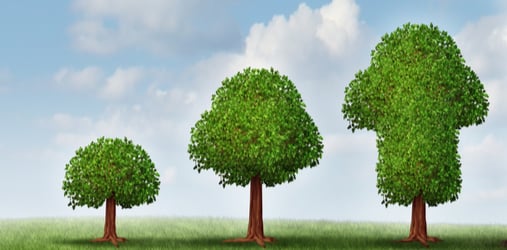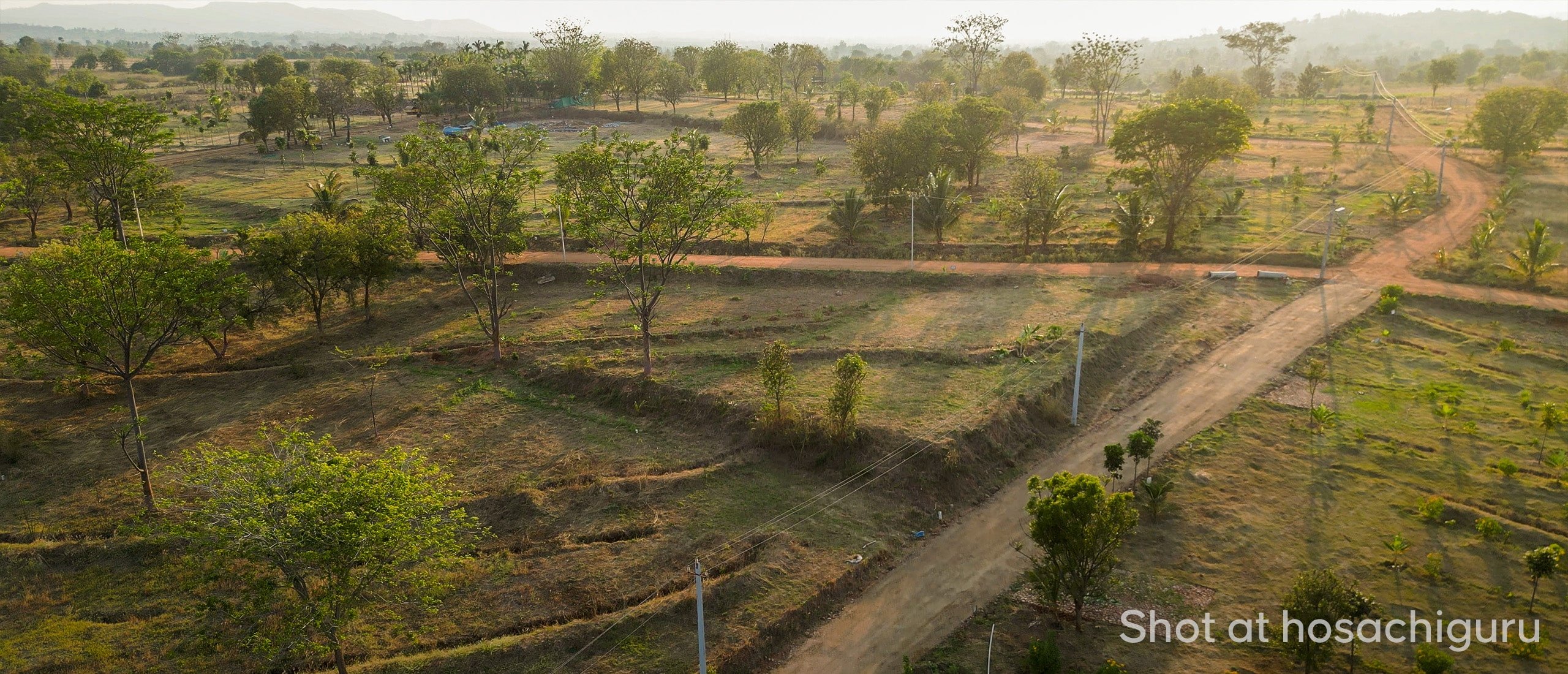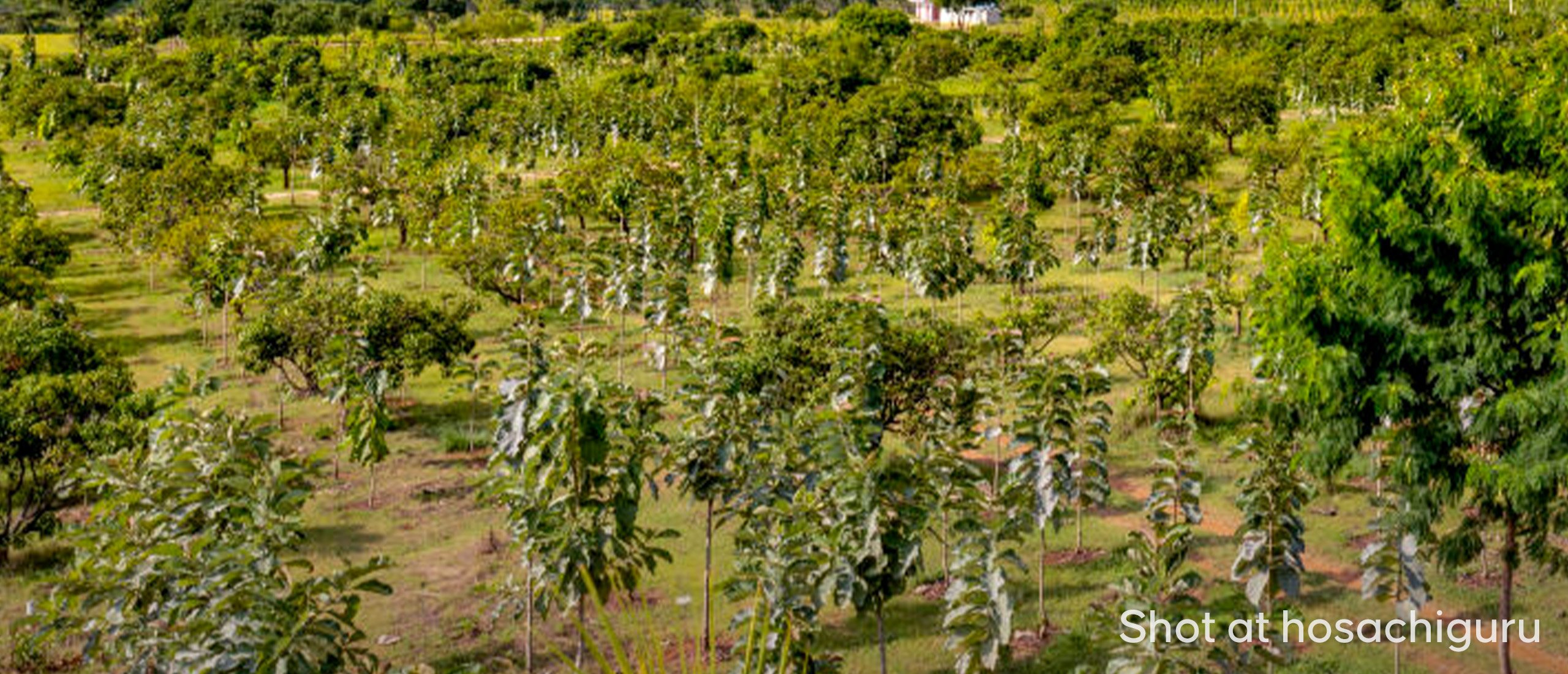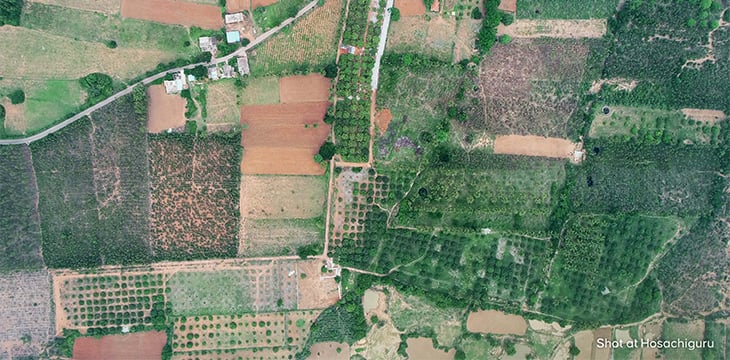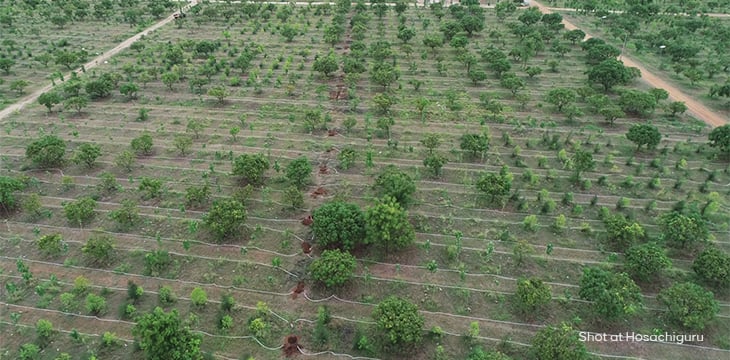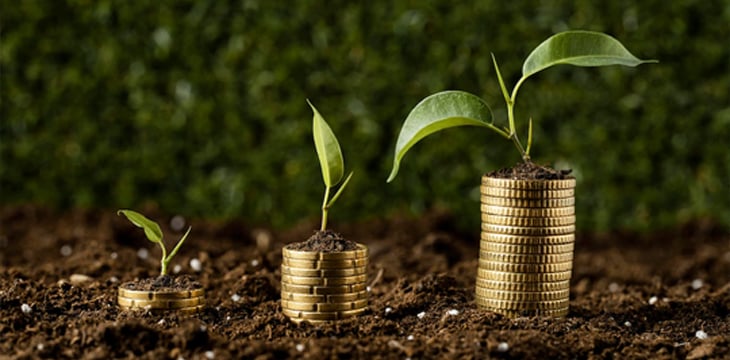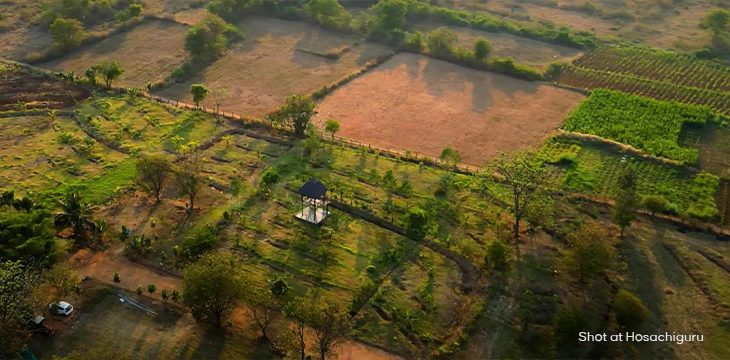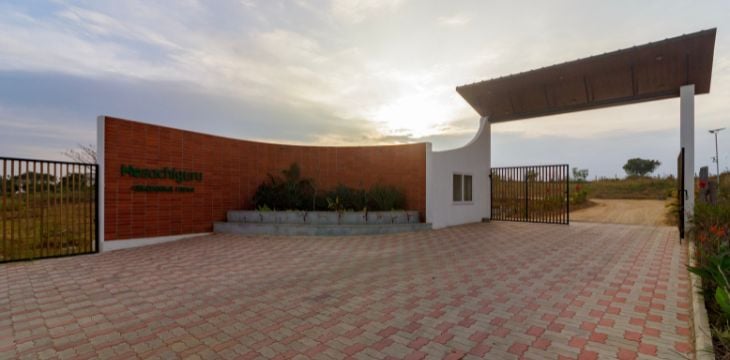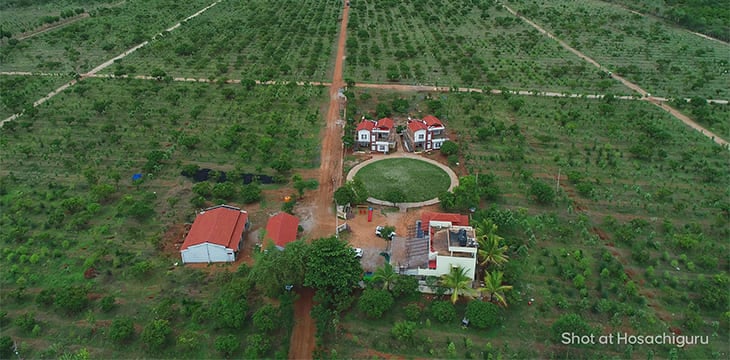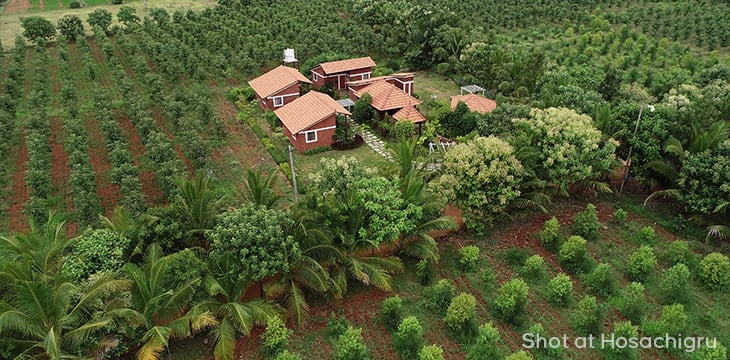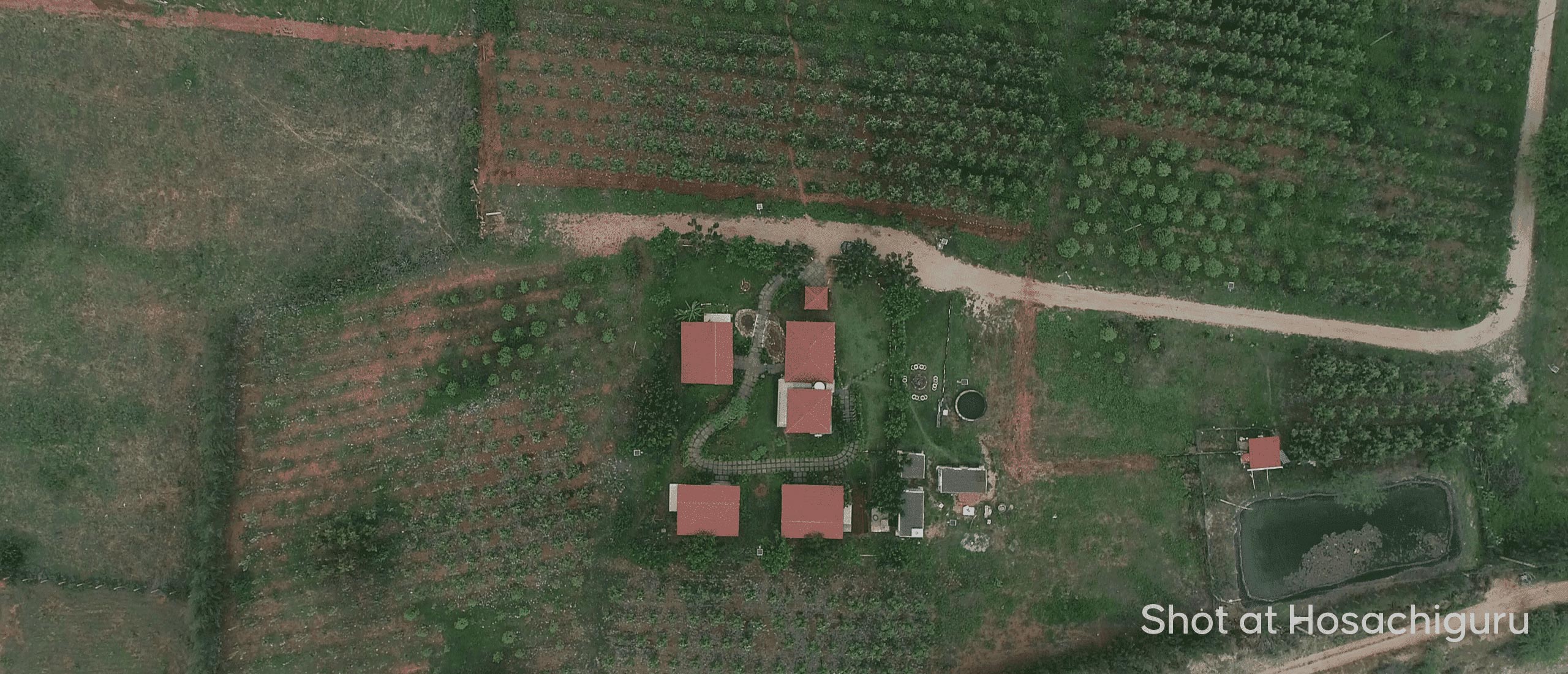June 29, 2024
Author : Anmol Agarwal
7 Mins Read
In today’s unpredictable world, where each heartbeat and breath signify life’s fragile passage, doctors emerge as unsung heroes, expertly navigating the delicate balance between health and illness. Imagine a world without doctors—where every fever, fracture, and fear lead only to uncertainty and despair. Fortunately, our reality is different. Doctors are our steadfast guides through the labyrinth of sickness and injury, blending science with the art of healing to transform sterile hospital corridors into spaces of recovery and hope.
Doctor’s Day in India, celebrated on July 1st, honors the invaluable contributions of these medical professionals and commemorates Dr. Bidhan Chandra Roy. Dr. Roy, born in 1882 and passing away on this very day in 1962, was a pioneering physician, freedom fighter, and the second Chief Minister of West Bengal. His efforts in establishing the Indian Medical Association and the Medical Council of India significantly advanced medical education and public health in India.
As we honor the tireless dedication and compassion of doctors this Doctor’s Day, we must also recognize nature as a vital healer. Nature complements the work of doctors, offering its own profound therapeutic benefits, nurturing our well-being through its inherent wisdom and beauty. Together, doctors and nature embody the essence of holistic healing, guiding us toward a healthier, more balanced life.
No Trees, No Breathe
We take numerous steps to maintain our health, from eating nutritious foods to ensuring we get proper sleep and regular health checkups. However, there is an often-overlooked action we can all take that has the potential to change the prognosis of countless diseases: preserving and utilizing our forests. Forests are a life force. Have you ever considered that the aspirin you take for a headache is derived from the bark of the willow tree? Similarly, many medications like cough syrups, pain relievers, and treatments for high blood pressure are sourced directly from nature’s vast pharmacy—our forests.
In 1962, scientists discovered that taxanes from the bark of the Pacific Yew Tree, found in the Canadian Northwest, could be developed into the chemotherapy drug now known as Taxol. By 2001, researchers began using needles from the European Yew Tree to create Taxol’s sister drug, Taxotere. Today, both Taxol and Taxotere are listed by the World Health Organization as essential medicines for cancer treatment.
Forests do more than provide medicinal compounds; they are also vital for our survival, giving us the air we breathe. The table below highlights various trees and the ways they contribute to our health and well-being.
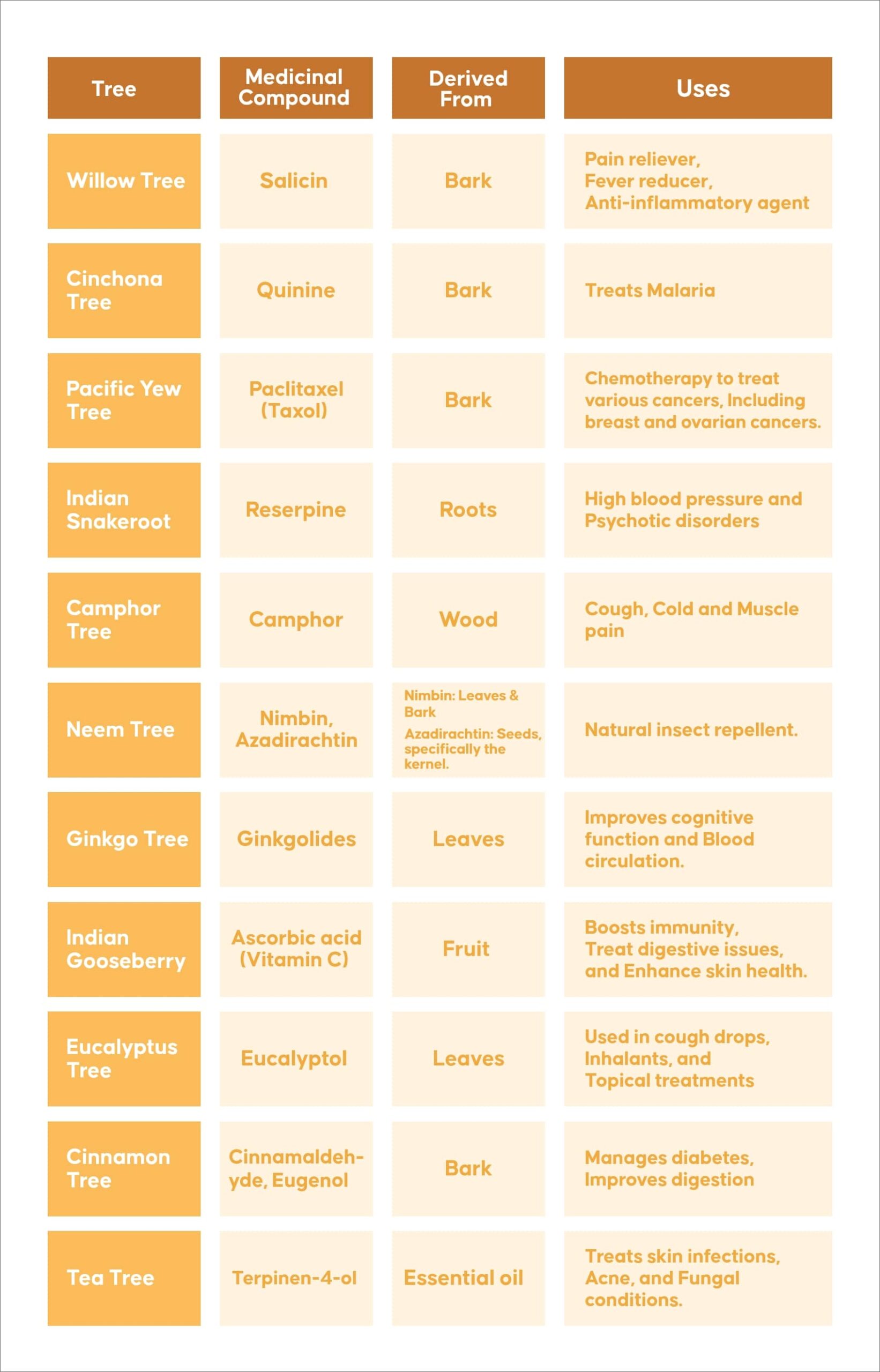
Imagine if the very essence of your well-being were tied to a tree now lost forever. Trees are vital guardians of our health, and just as they care for us, we must care for them to ensure the cycle of life continues.
We can do this by growing food using organic practices, such as incorporating vermicompost, cow dung, and biochar, significantly enhances soil health. These organic inputs increase soil carbon content, improve nutrient retention, and prevent harmful chemicals from infiltrating our food, thereby reducing the risk of diseases. Healthy soil produces nutritious food, and consuming such food contributes to our overall well-being.
So now it’s time to get our hands dirty, plant native trees and adopt organic practices in our communities and neighborhoods.
Take A Break: Reconnect Back With Nature
It’s troubling to see that even on vacations, many people remain attached to their cellphones, preoccupied with work despite being in nature. This behavior highlights a growing divide between our technology-driven urban lives and the enriching experiences nature provides. Although technology has significantly enhanced our lives, it often pulls us away from direct interactions and exploring the natural world, sometimes at the expense of our well-being.
Alarmingly, the average person now spends less than 30 minutes outside each day. With technology constantly at our disposal, we are tempted to multitask, turning our minds into relentless mental gyms that continuously switch between tasks. This multitasking, especially when outdoors, prevents us from fully experiencing the restorative benefits of nature. True engagement with nature involves more than just being physically present; it requires disconnecting from digital distractions and fully immersing ourselves in the natural environment.
Time spent in nature gradually shifts our perspective. We notice the details we previously overlooked—the sights, sounds, and smells—each visit unveiling a new layer of the natural world and deepening our connection to it. This immersion transforms our perception, aligning us with the rhythm of nature rather than viewing it as a separate entity.
Research underscores that spending time in nature improves short-term memory, enhances working memory, boosts problem-solving skills, stimulates creativity, reduces stress, and increases overall well-being. Balancing our technological lives with time spent in nature provides a crucial opportunity to rest and rejuvenate our minds. Unplugging from digital devices and embracing the outdoors can enhance productivity, lower stress levels, and elevate our mood.
To harness these benefits, we must deliberately choose to balance technology with nature. By integrating outdoor time as a counterbalance to our digital engagements, we can restore our brains, enhance productivity, and improve our overall sense of well-being. Nature offers a powerful, natural remedy to the stresses of modern life, encouraging us to reconnect with the world around us and find a more balanced, fulfilling existence.
Embrace Nature’s Healing Wisdom and Harmony
The quote by Hippocrates, “Nature itself is the best physician,” invites us to reflect deeply on the intrinsic wisdom and healing power within the natural world. This statement eloquently captures nature’s remarkable ability to sustain and rejuvenate life, a concept that has resonated through centuries of human observation and experience.
Scientific research from Japan has provided compelling evidence of nature’s therapeutic benefits, showing how spending time in forests positively impacts individuals worldwide. This phenomenon, known as “forest medicine,” awakens the senses and provides one of the most accessible and cost-effective healthcare benefits available. Walking through a forest is akin to an intense aromatherapy session, where the terpenes and oils released by trees—each with its unique scent—calm the mind, invigorate the spirit, and boost the immune system.
There is a delicate harmony between humanity and the environment, urging us to learn from nature’s quiet efficiency and resilience. Nature’s cycles of growth, decay, and renewal offer profound lessons in balance and restoration, guiding both the physical healing of our bodies and the deeper spiritual renewal of our souls.
In an era dominated by technology and artificial interventions, Hippocrates’ wisdom encourages us to return to simplicity and respect the natural forces that shape and sustain us.
Eco-Therapy – Nature’s Path To Wellness
Research consistently highlights nature’s powerful benefits for mental well-being. One study found that over two-thirds of people choose natural settings to relieve stress, underscoring nature’s role as a refuge for those in need of solace.
This aligns with the growing evidence supporting “nature therapy” or “ecotherapy.” Immersing oneself in natural environments—whether a forest, park, or beach—engages the senses in ways that urban settings simply can’t. The sights, sounds, and scents of nature can lower cortisol levels, reduce blood pressure, and alleviate mental distress, fostering mindfulness and pulling us away from the distractions of everyday life.
Moreover, nature enhances cognitive functions like attention and memory by offering a break from technology’s overstimulation. According to the “attention restoration theory,” natural settings help the mind recover from fatigue, leading to better focus and mental clarity.
Nature also provides a vital context for physical activity, enhancing not just physical health but also psychological resilience and a deeper sense of connection to the world.
Keep Yourself Alive – Plant A TREE
Nature, with its vivid and immersive experiences, reawakens our awareness and enhances our ability to perceive the world with newfound clarity and appreciation. The rich visual and sensory tapestry provided by nature—its vibrant colors, varied textures, and evocative aromas—has the power to rejuvenate the spirit and restore both mental and emotional well-being.
It’s time for us to become advocates for the trees and speak on behalf of these silent pillars of strength. Deforestation is not just an environmental crisis; it is eradicating potential cures and breaking the circle of care that nature provides. Trees are being destroyed before we even realize their full potential to heal and sustain us.
By planting trees, we actively contribute to preserving this circle of care. Let’s protect and nurture our forests, for they are the lifeline of our planet. Plant a tree, and in doing so, you become part of a solution that ensures the continued existence of nature’s healing power.










